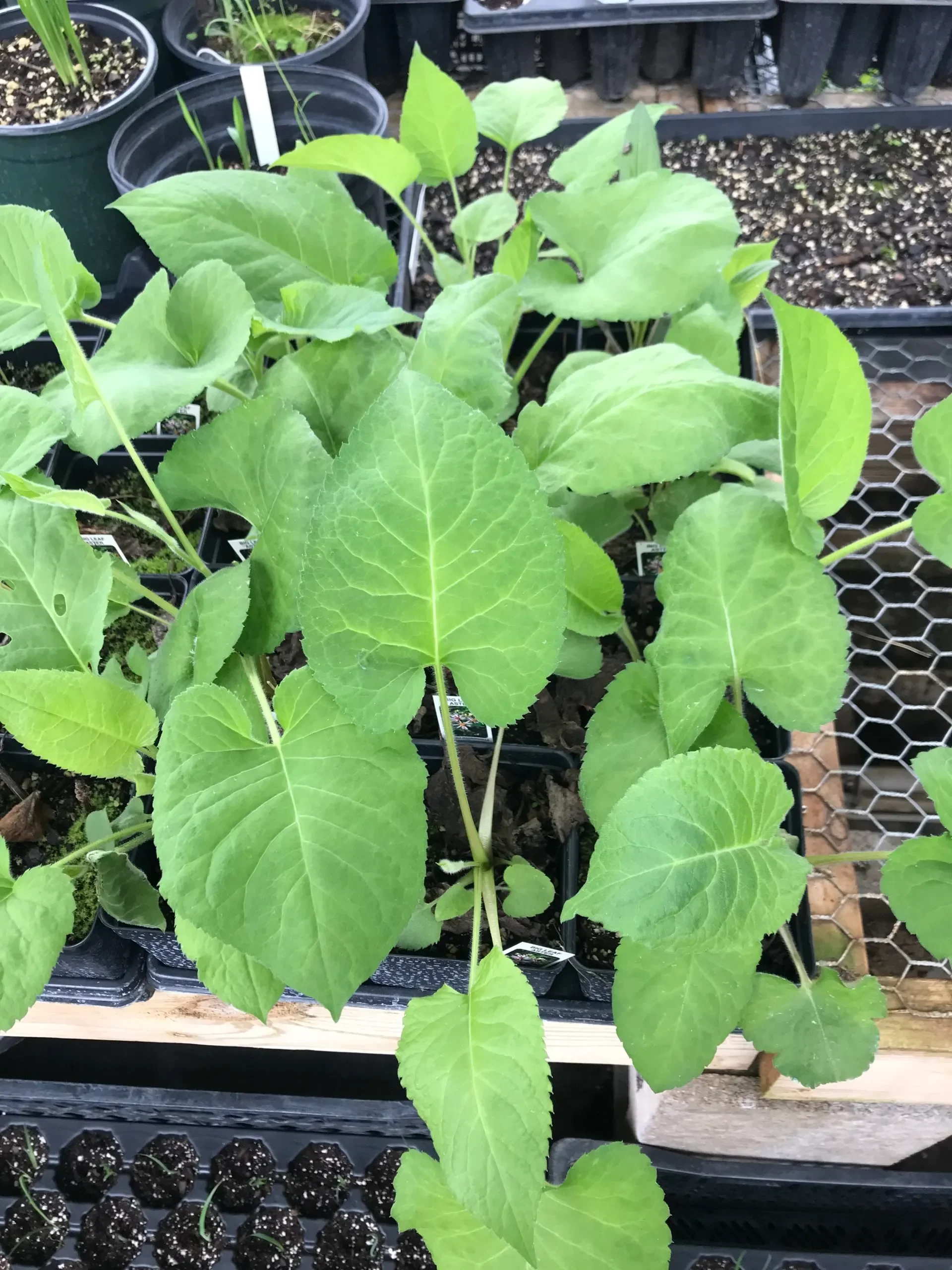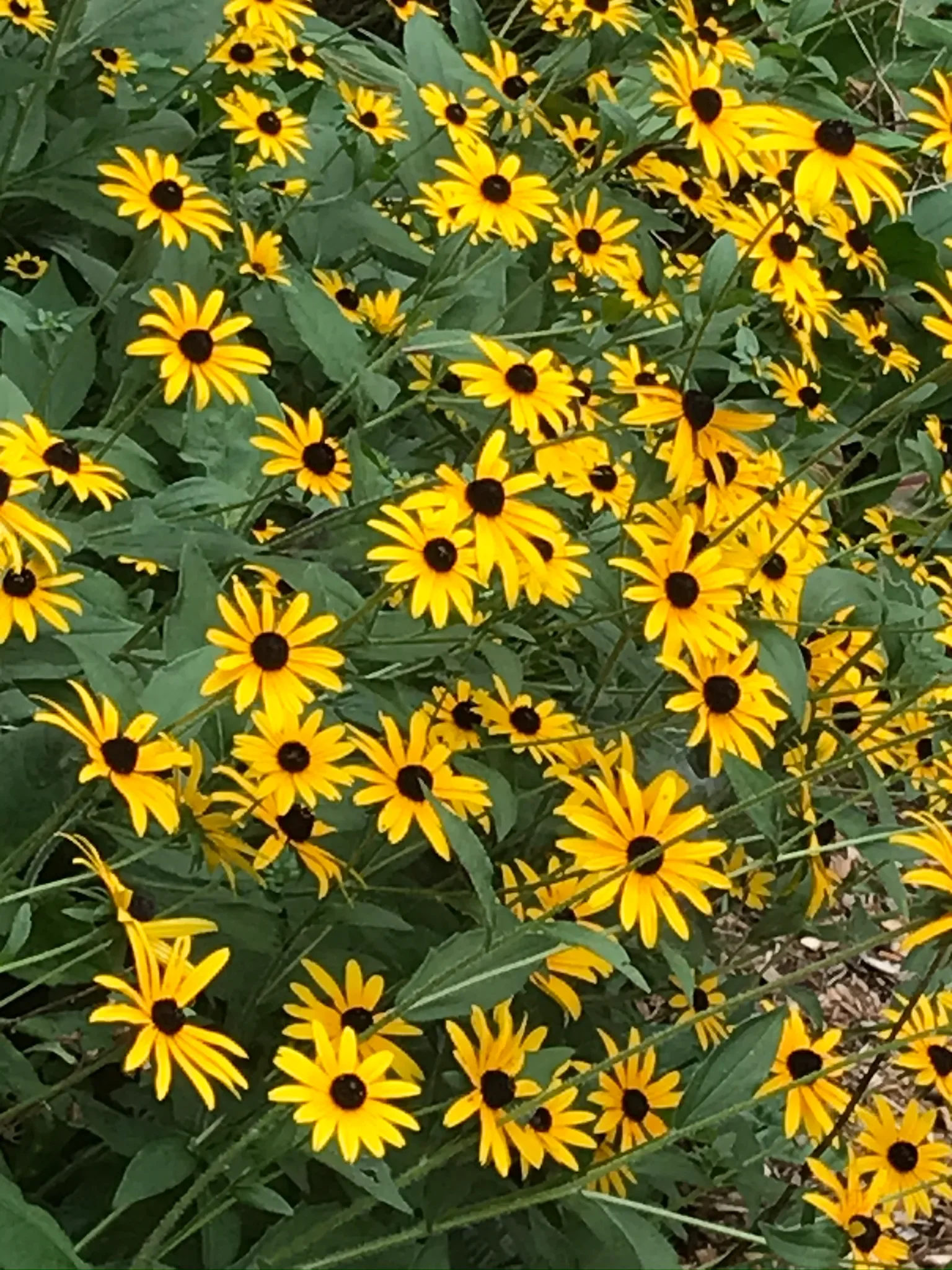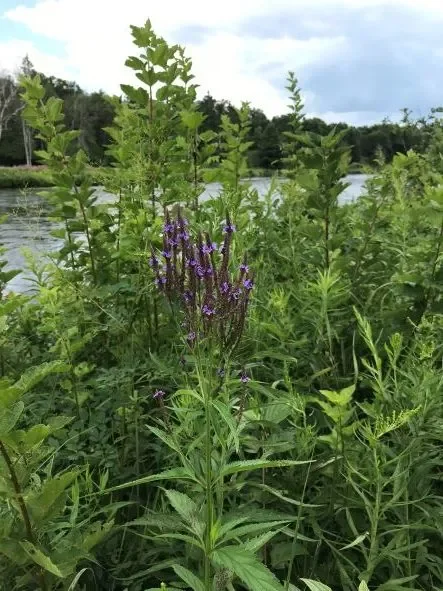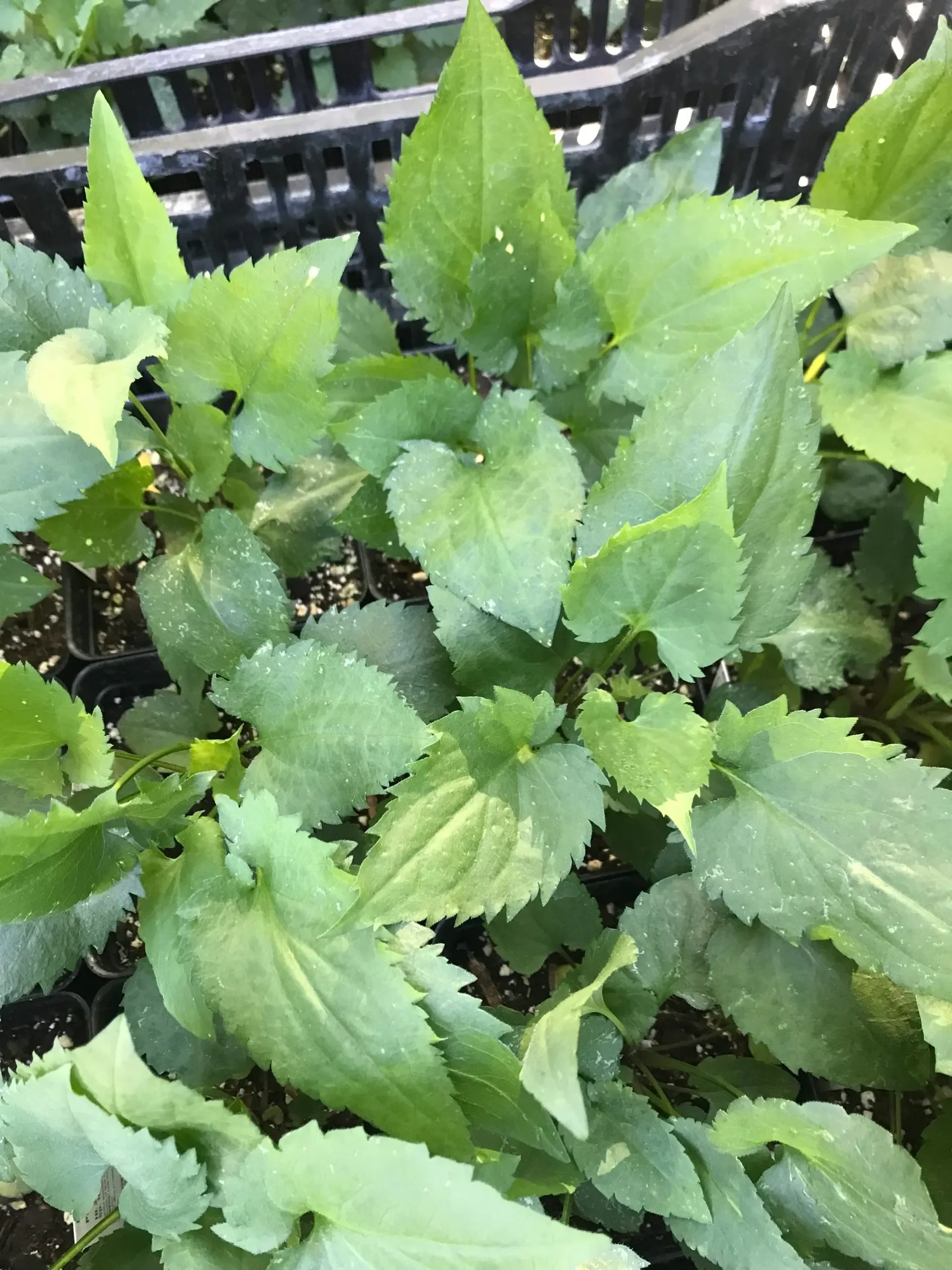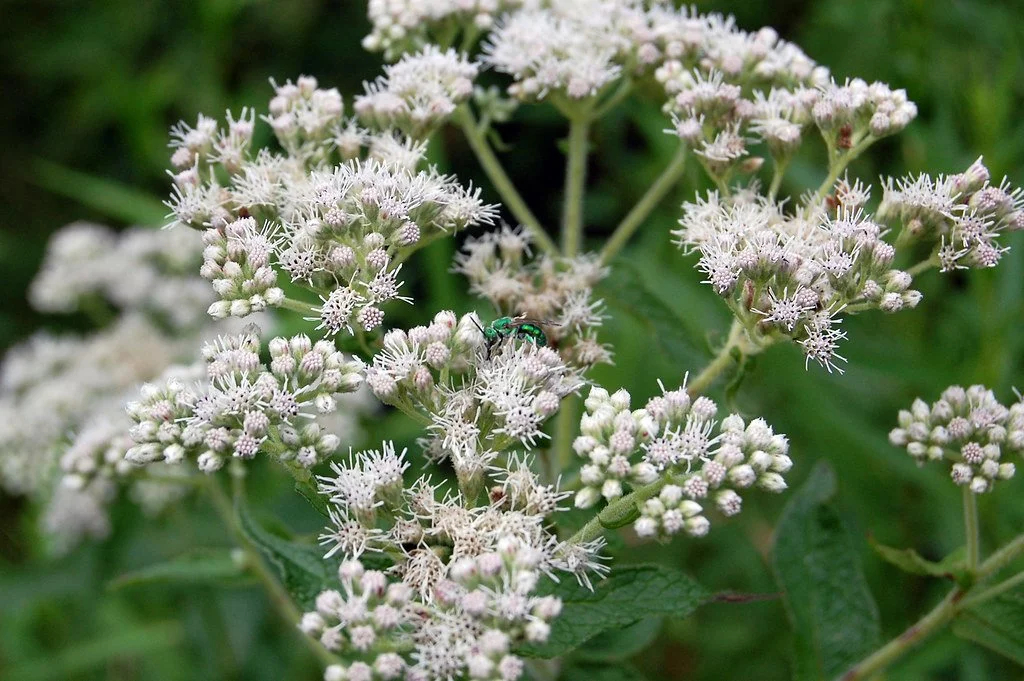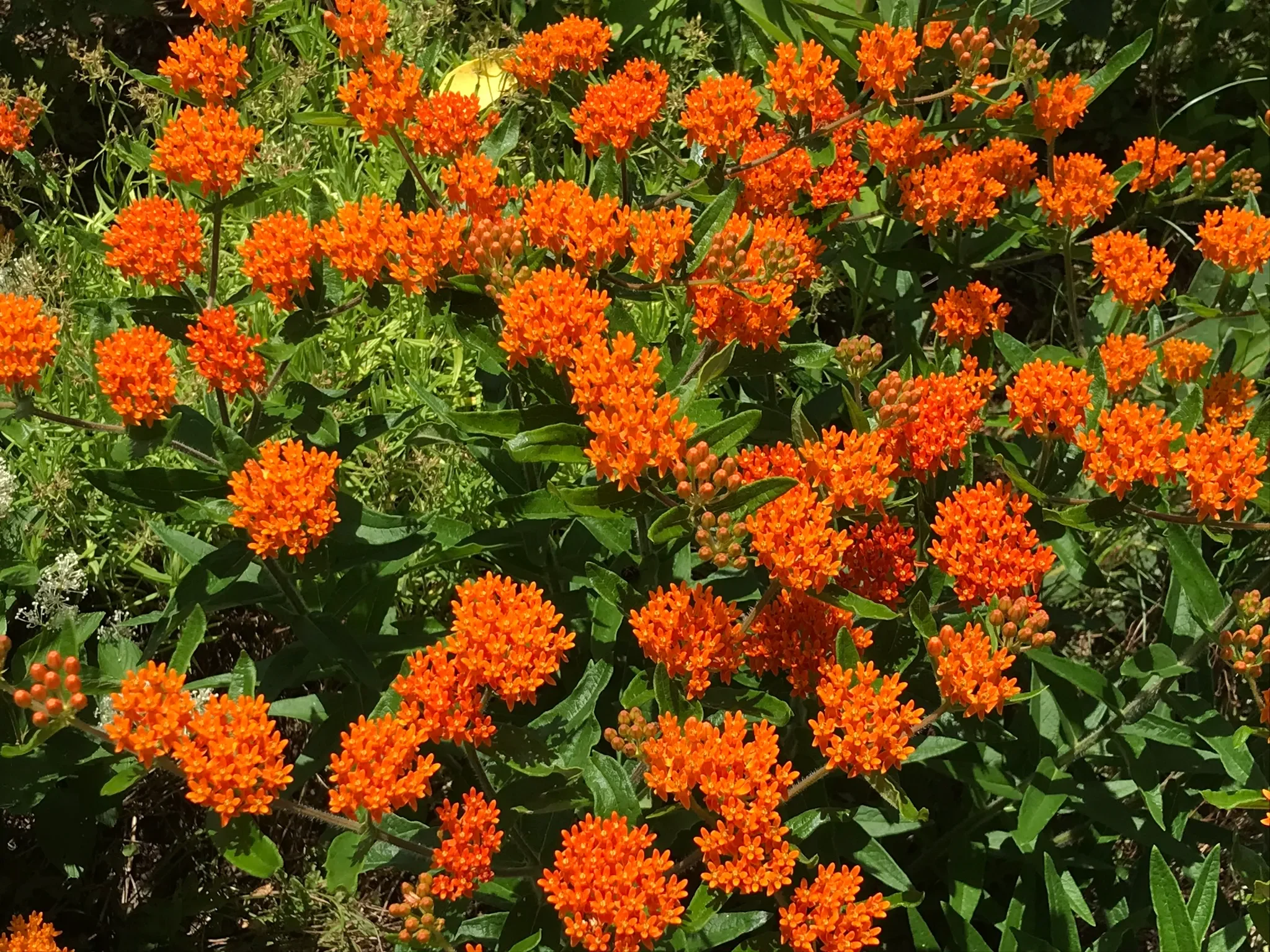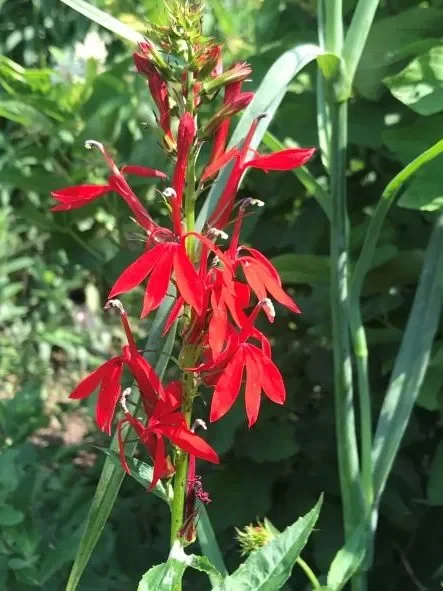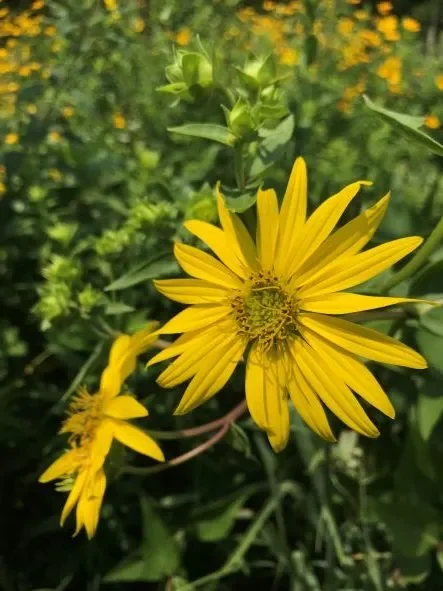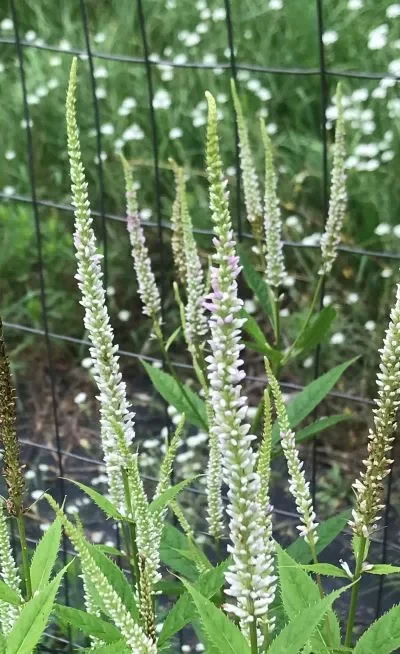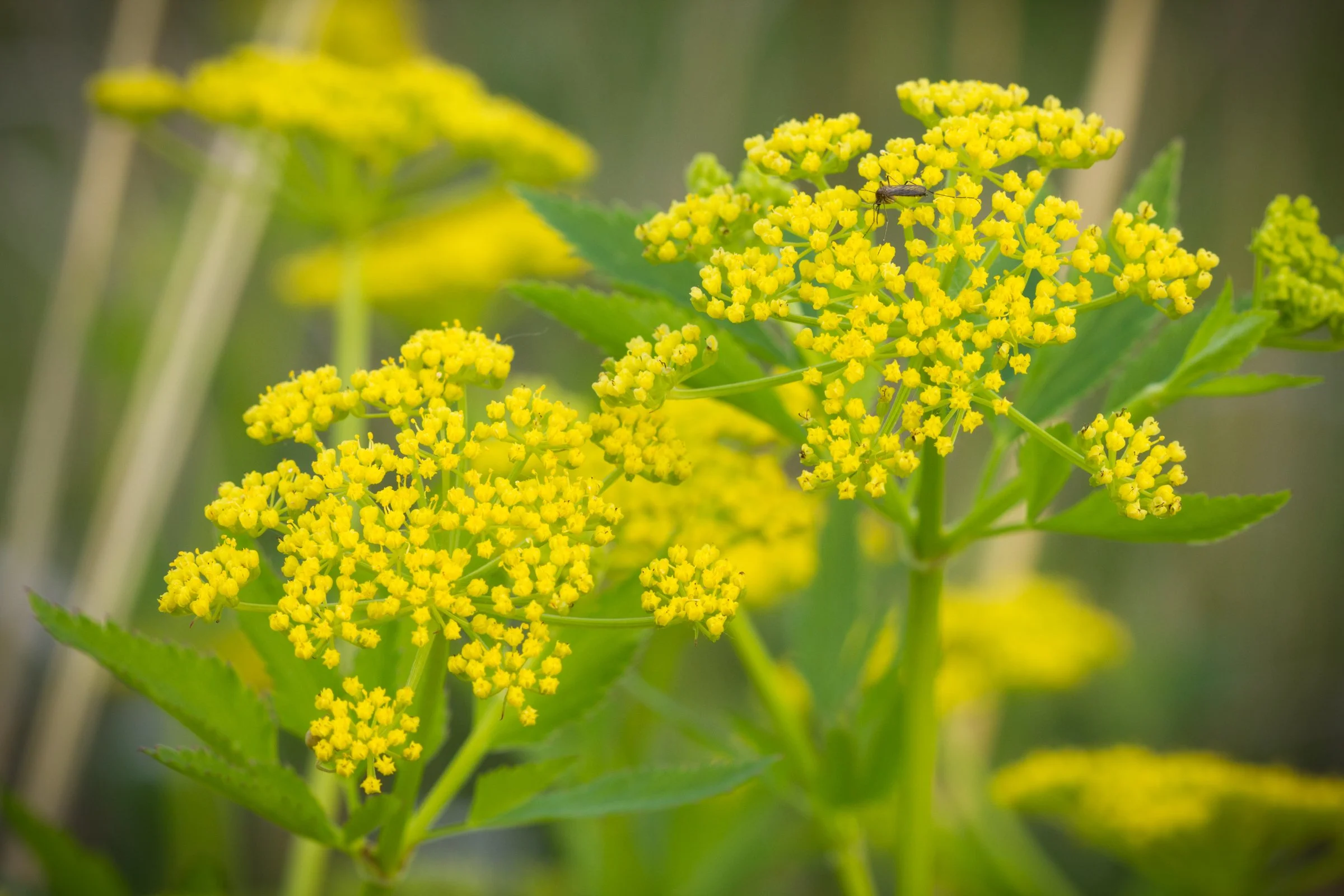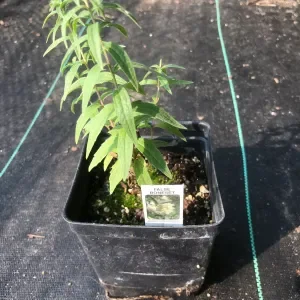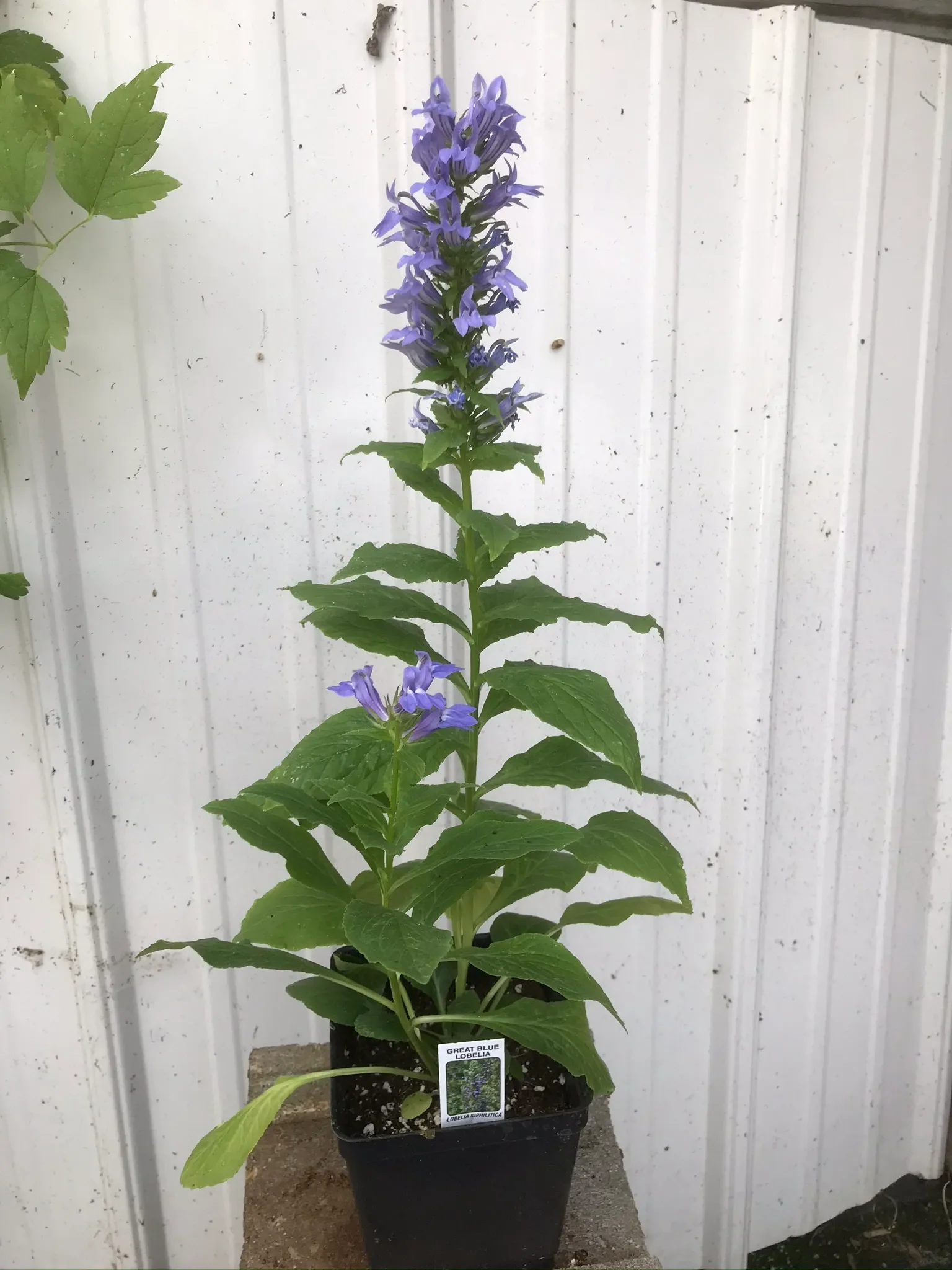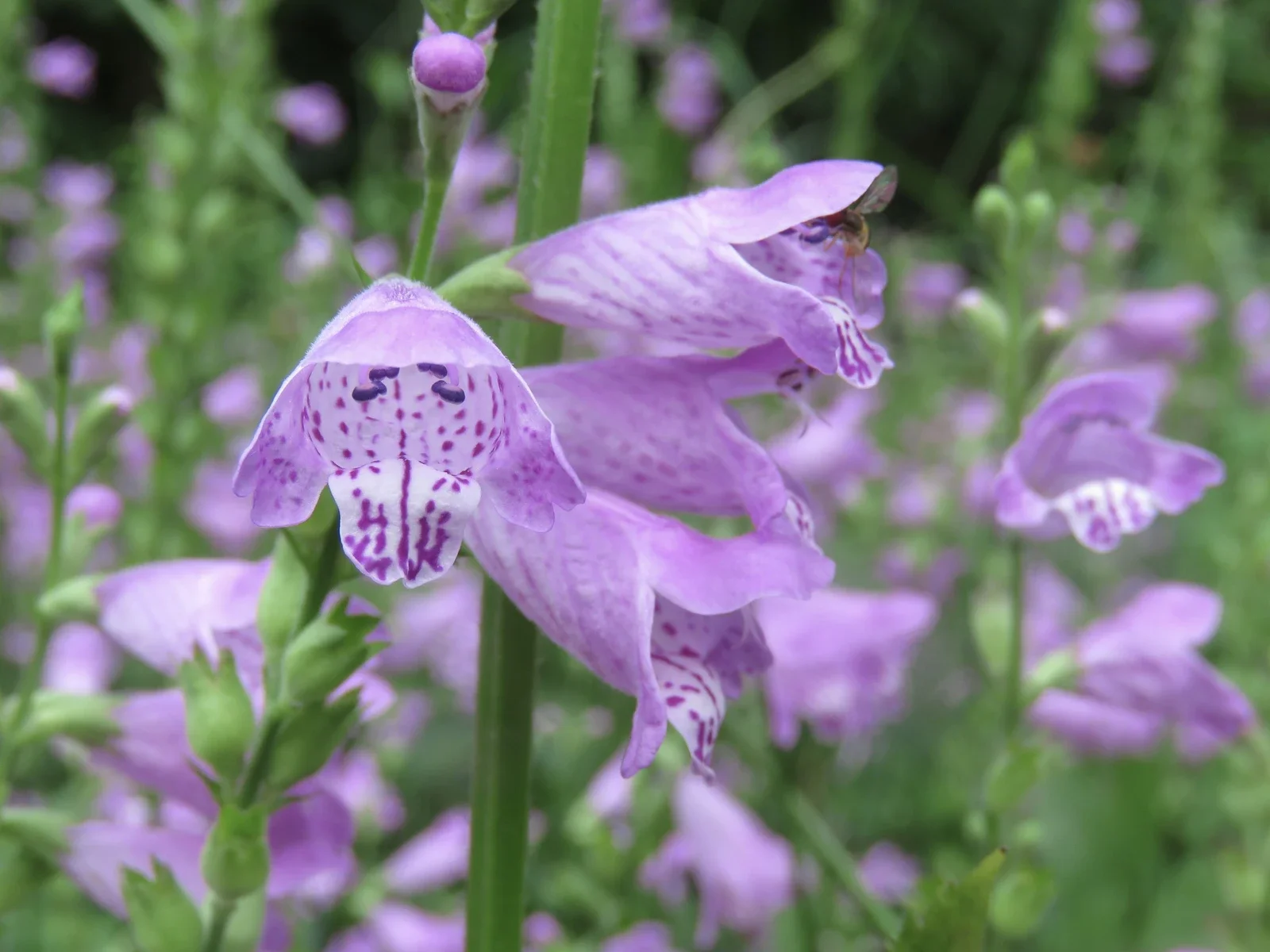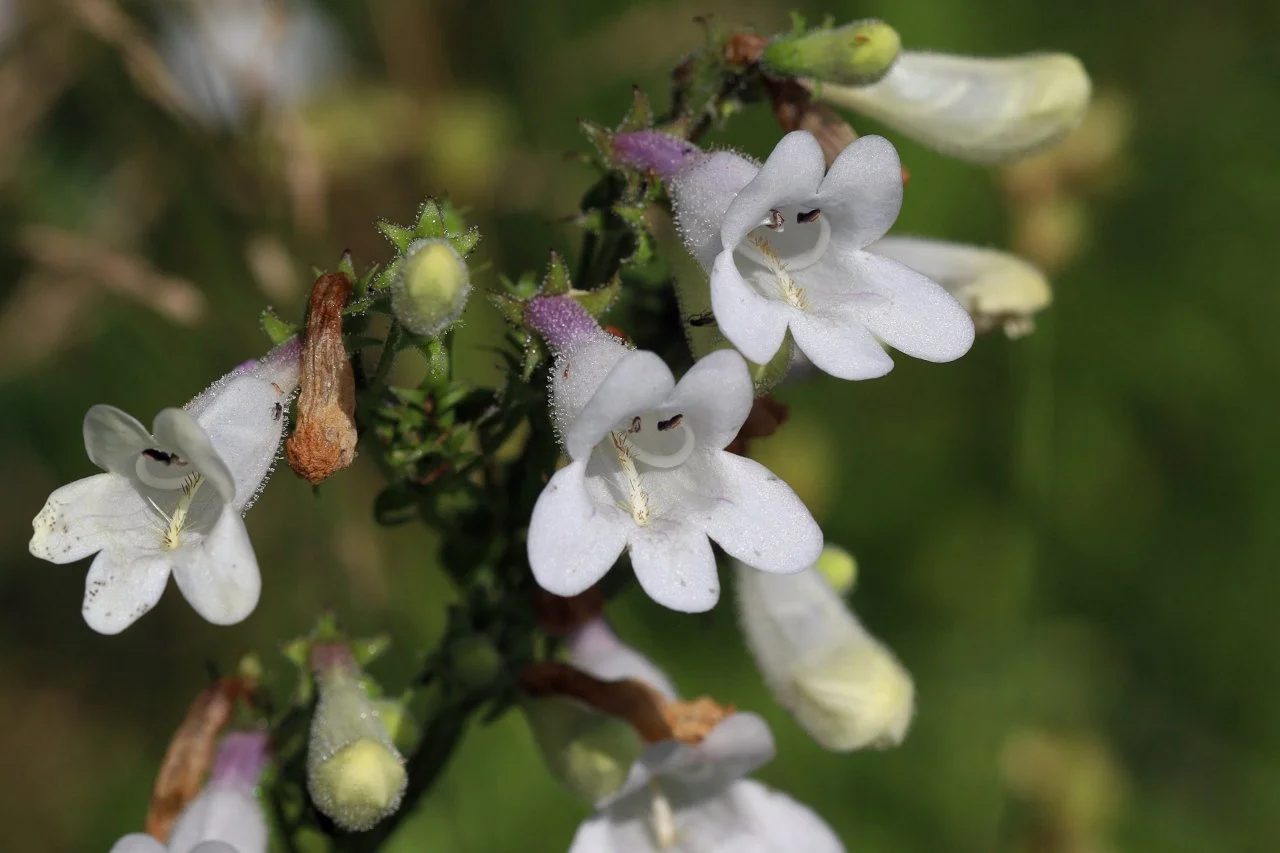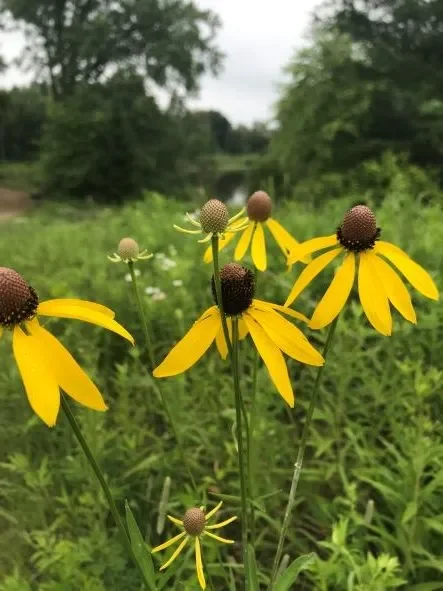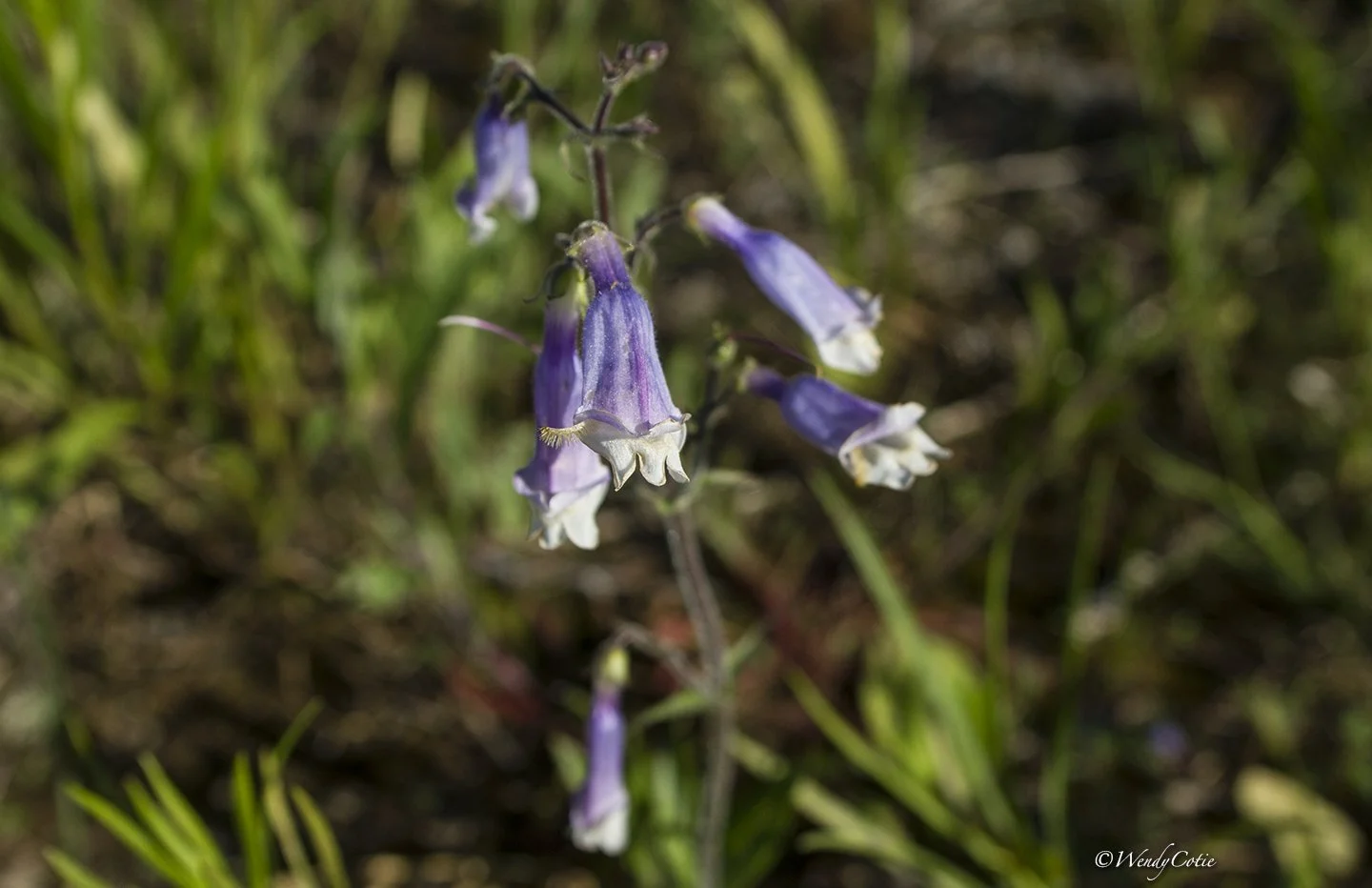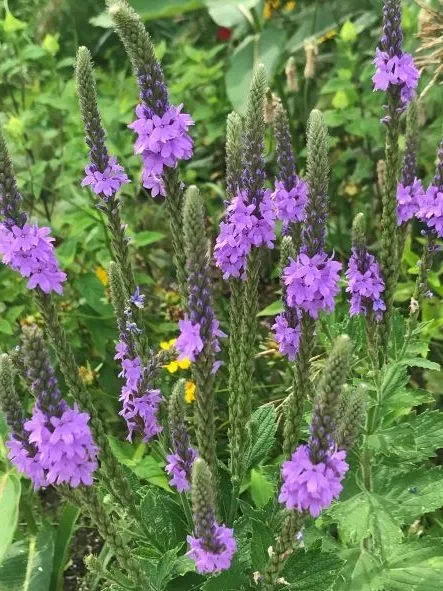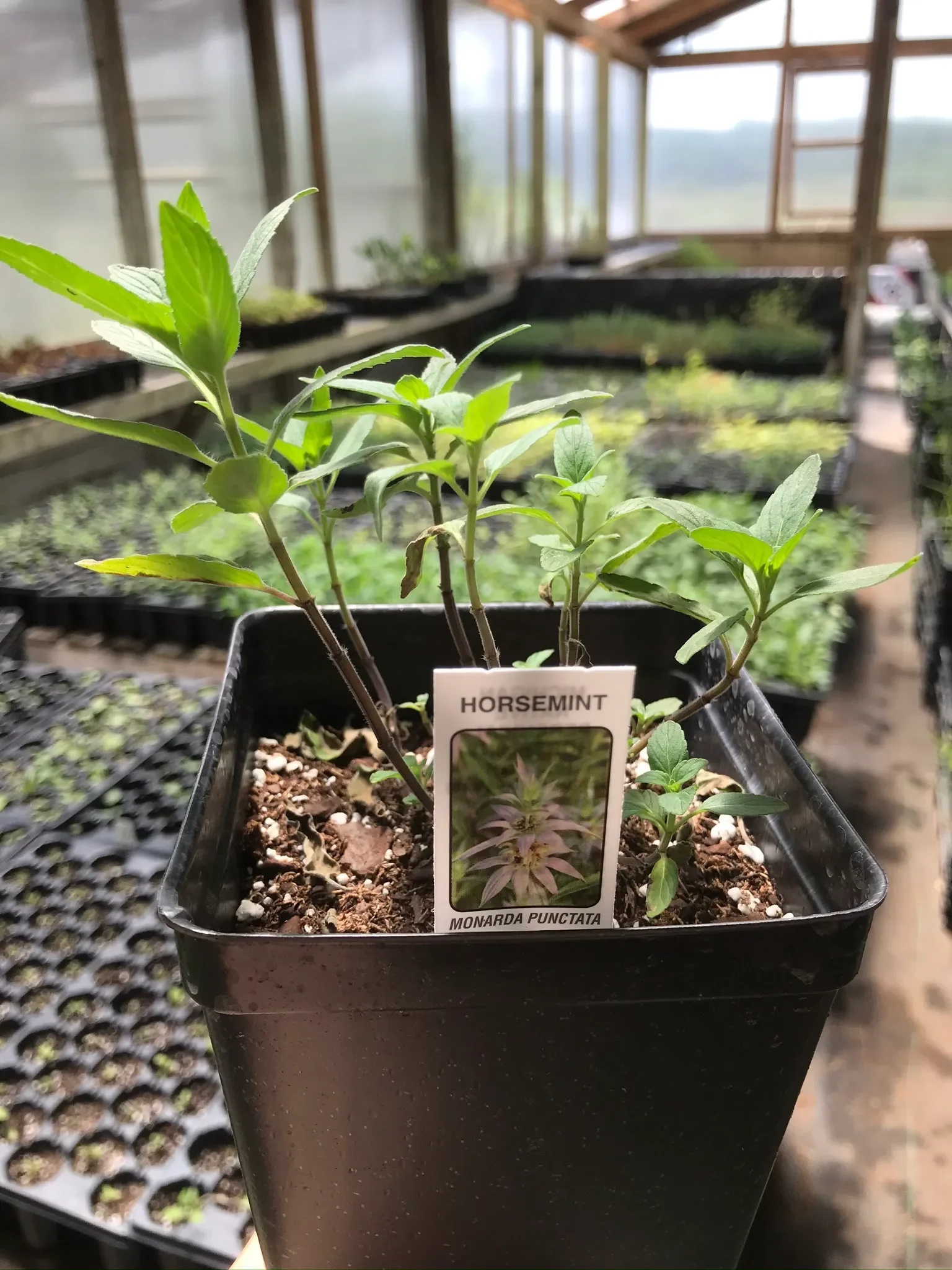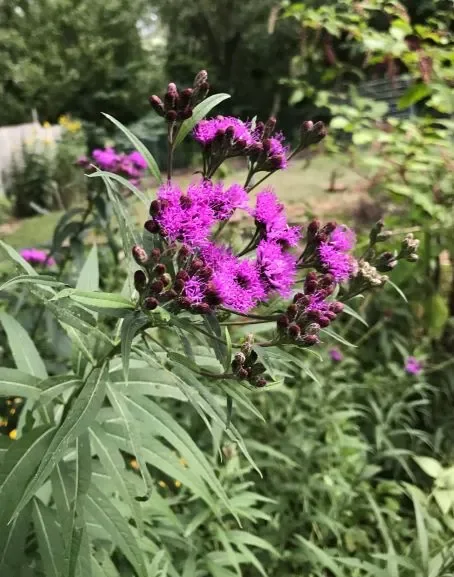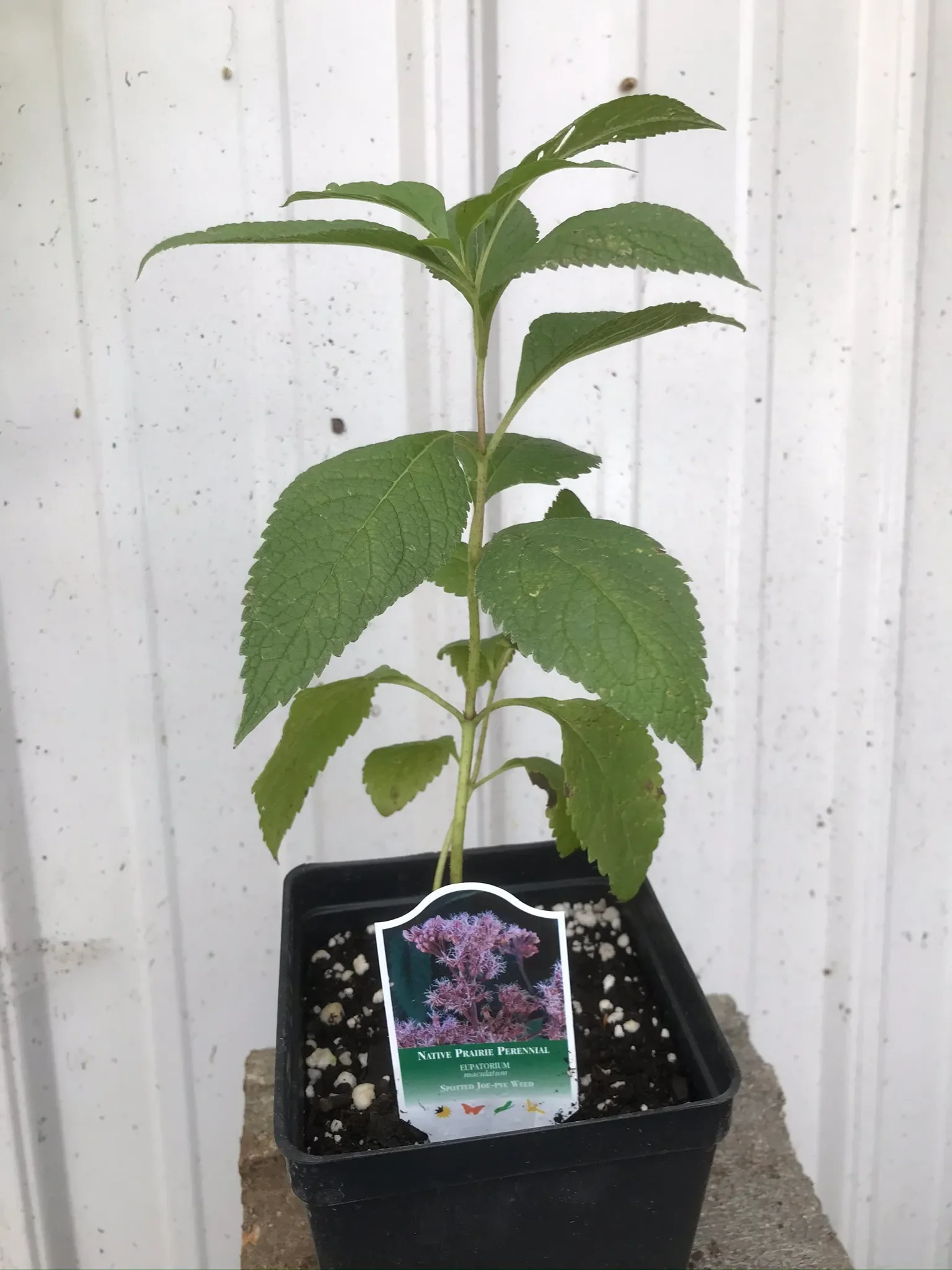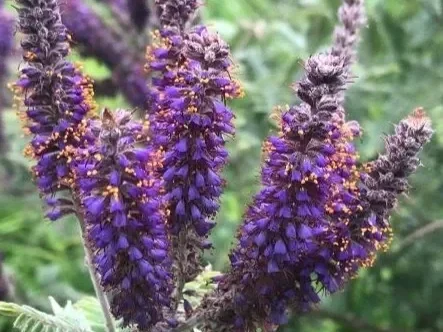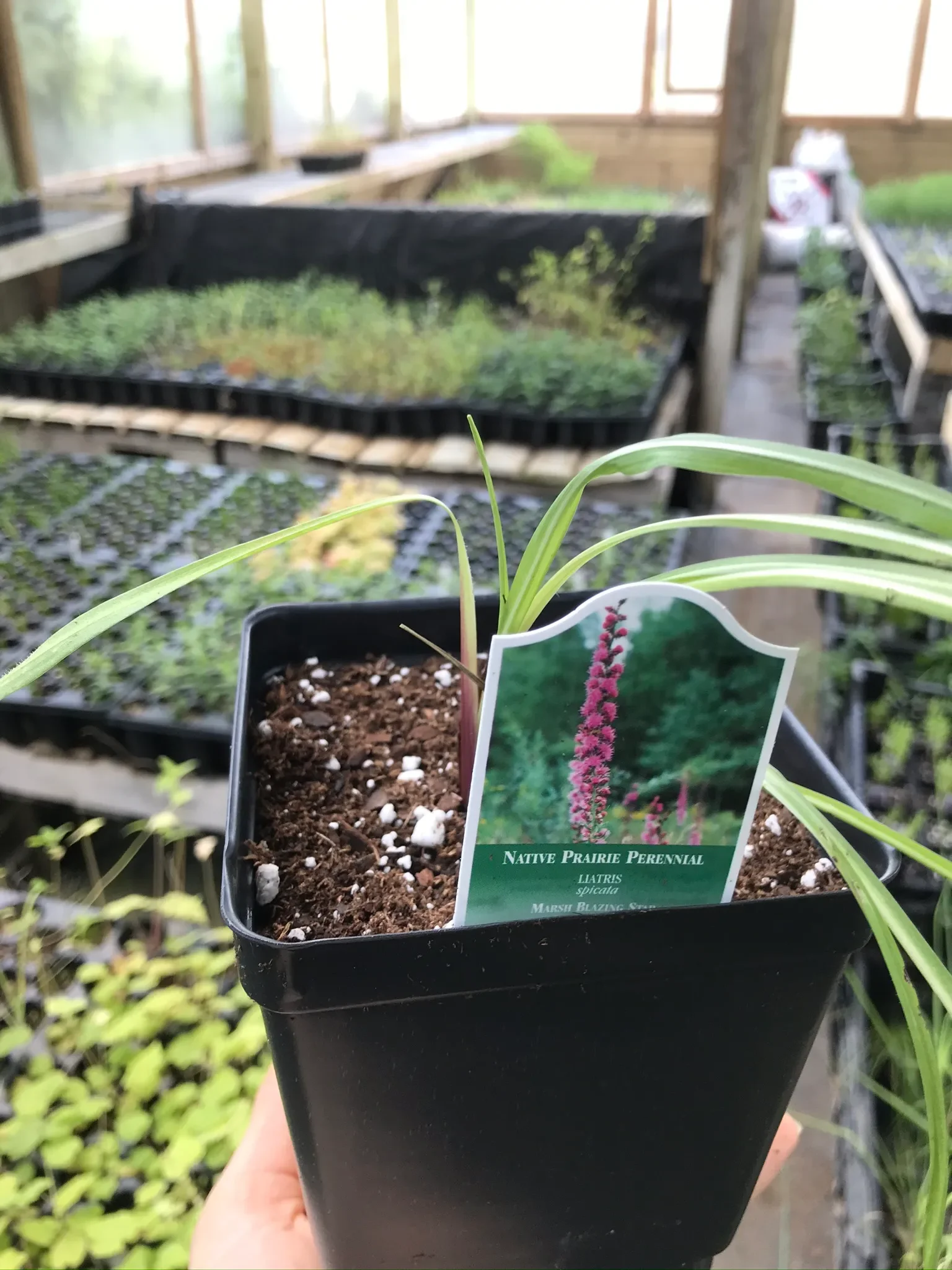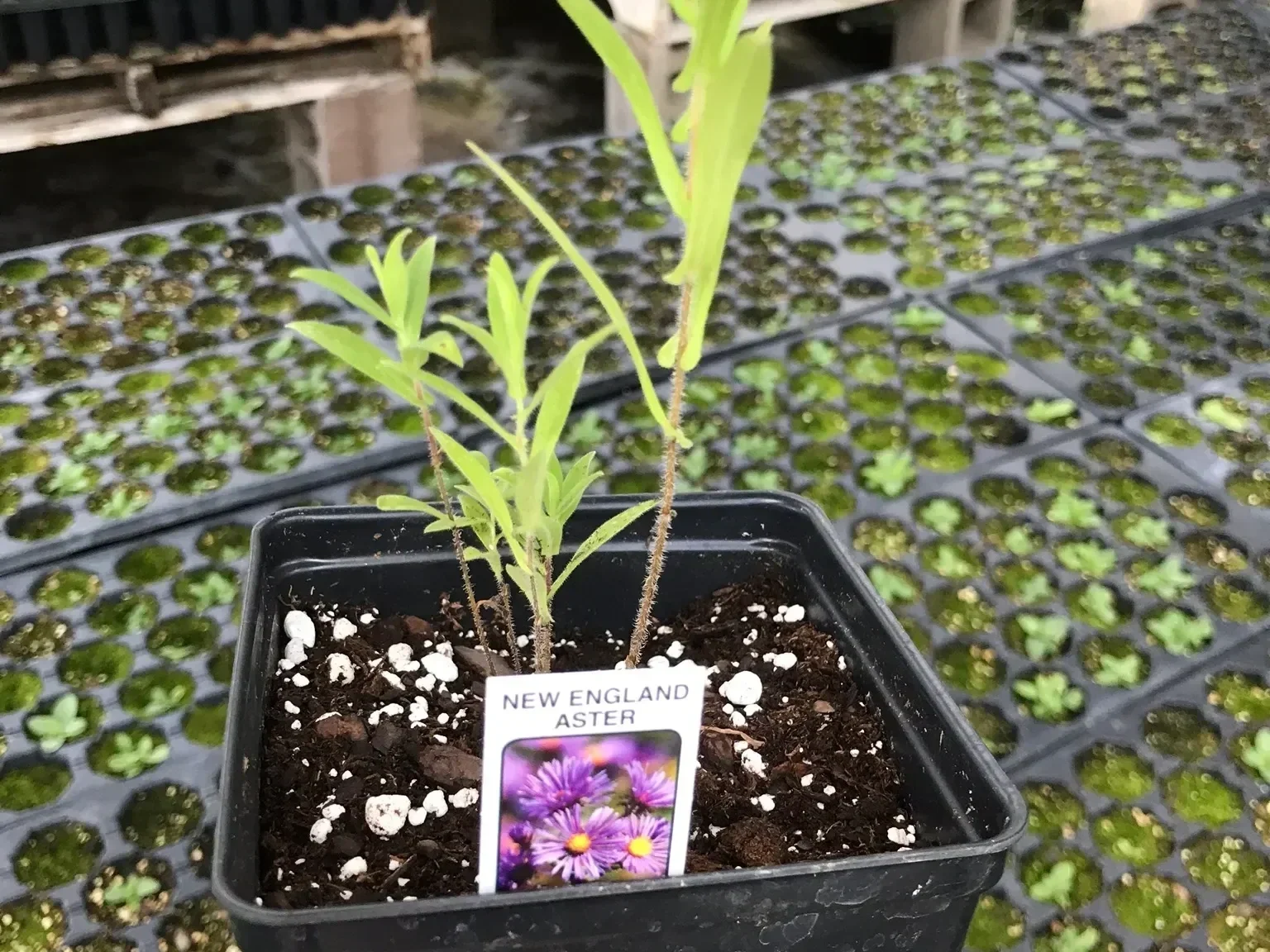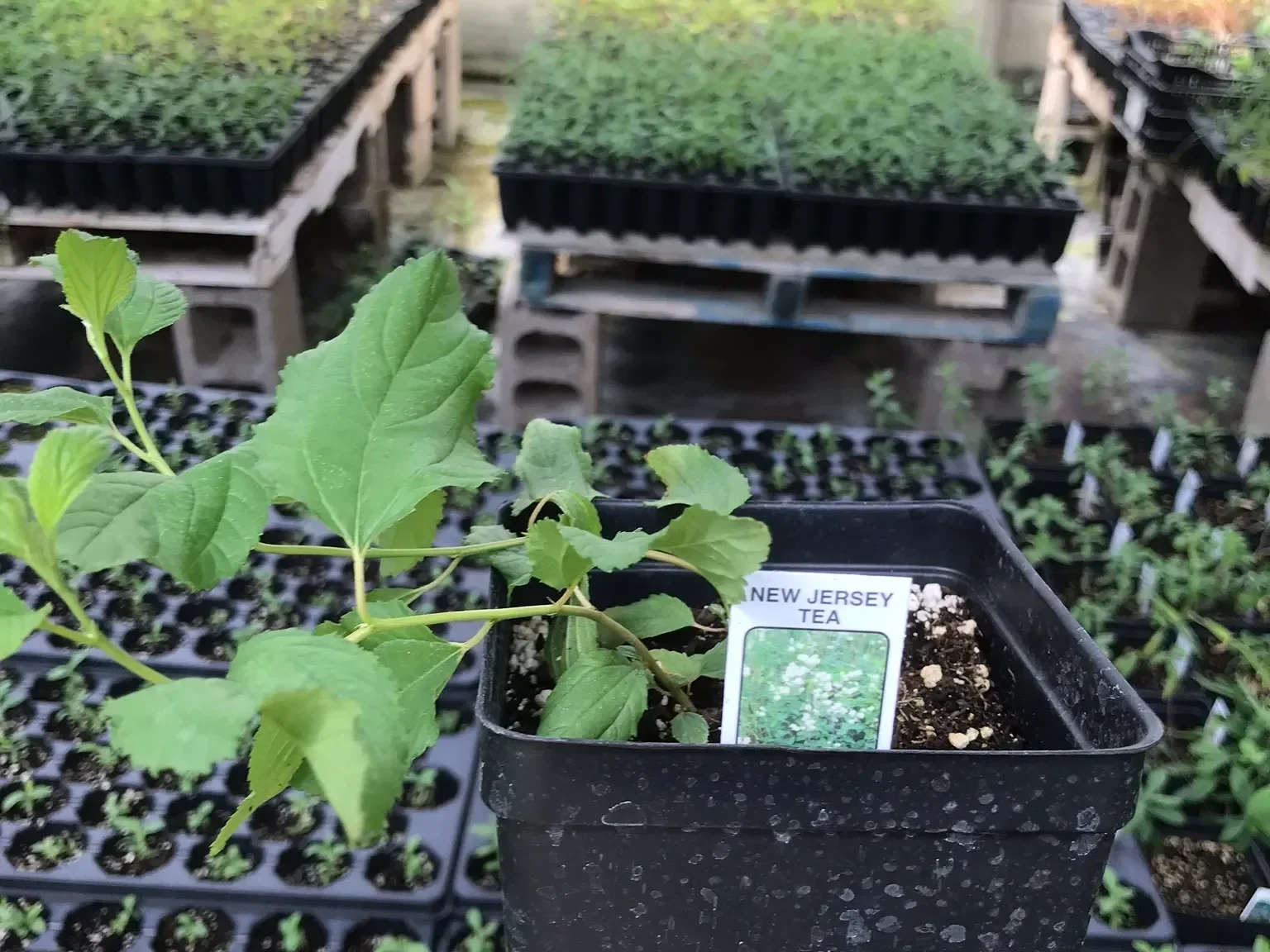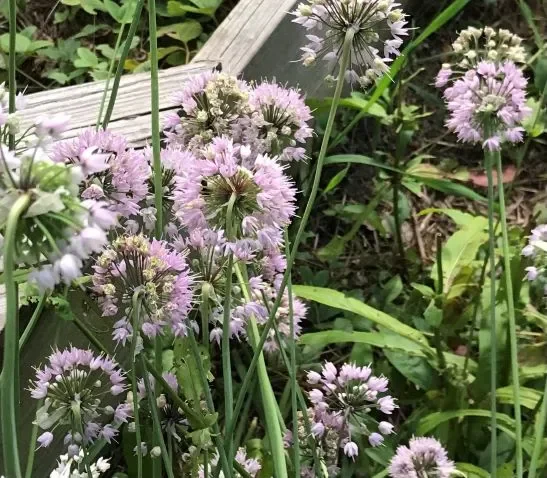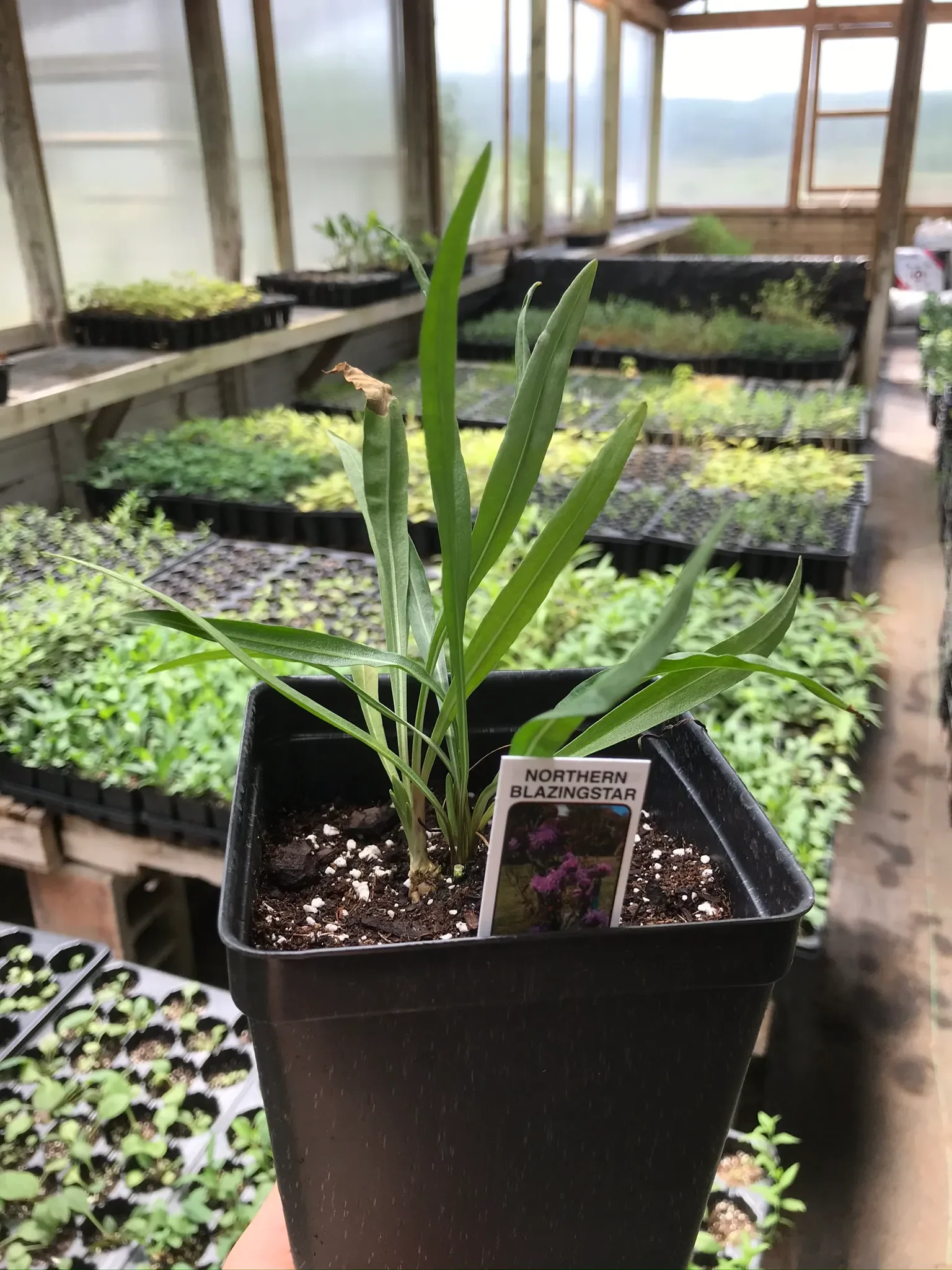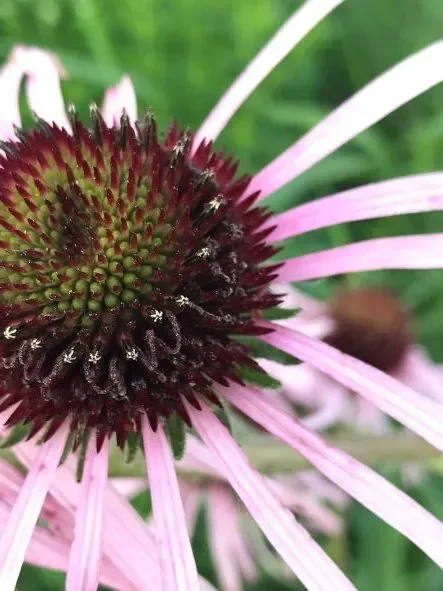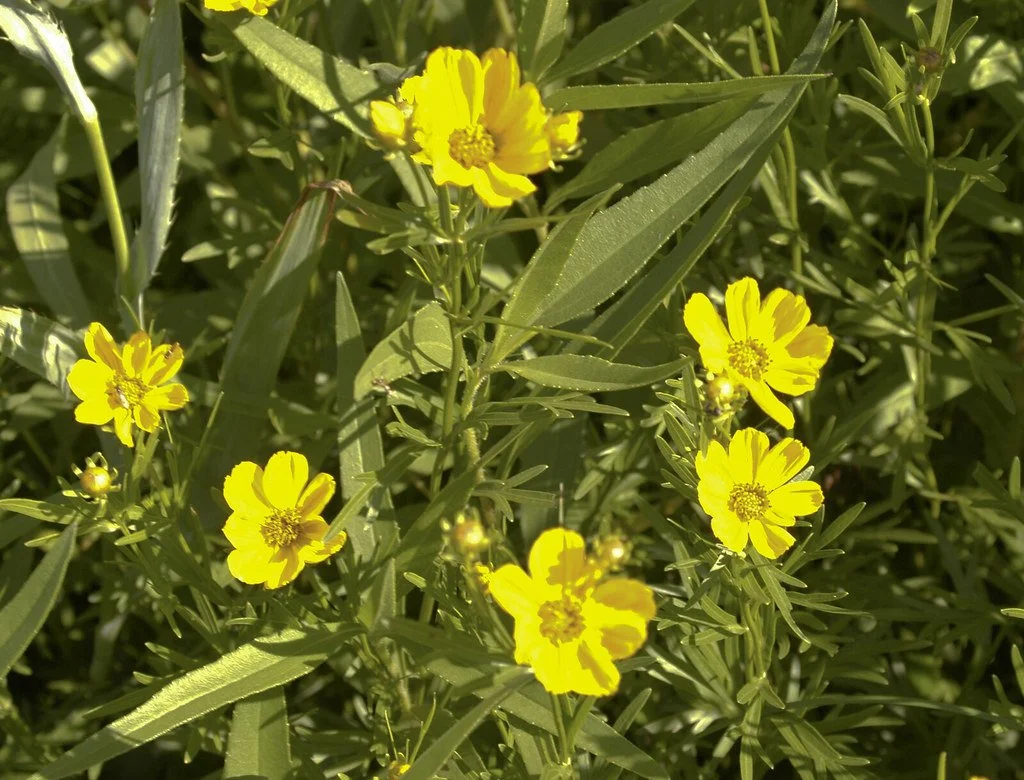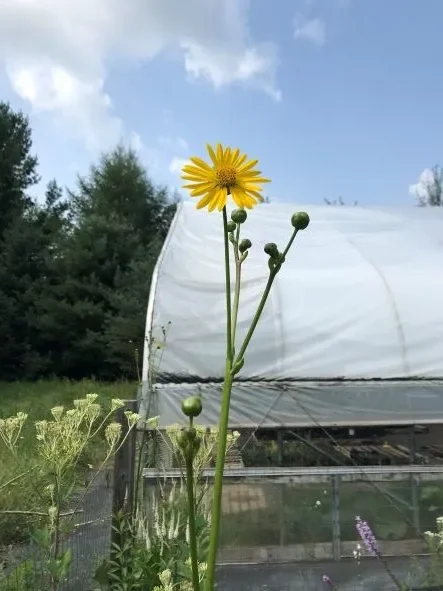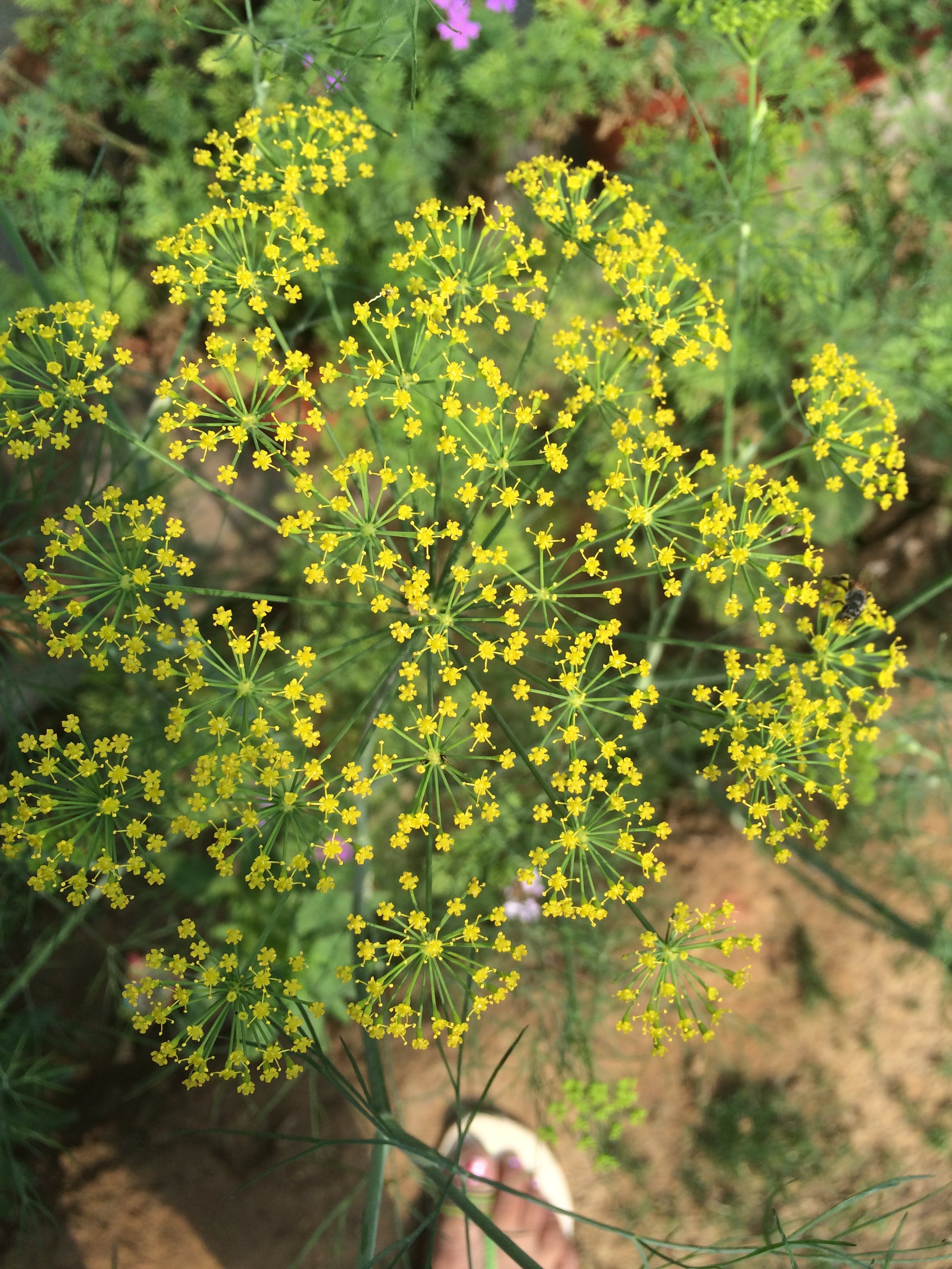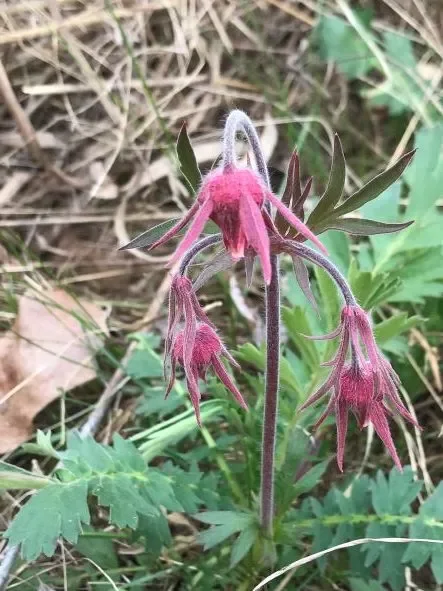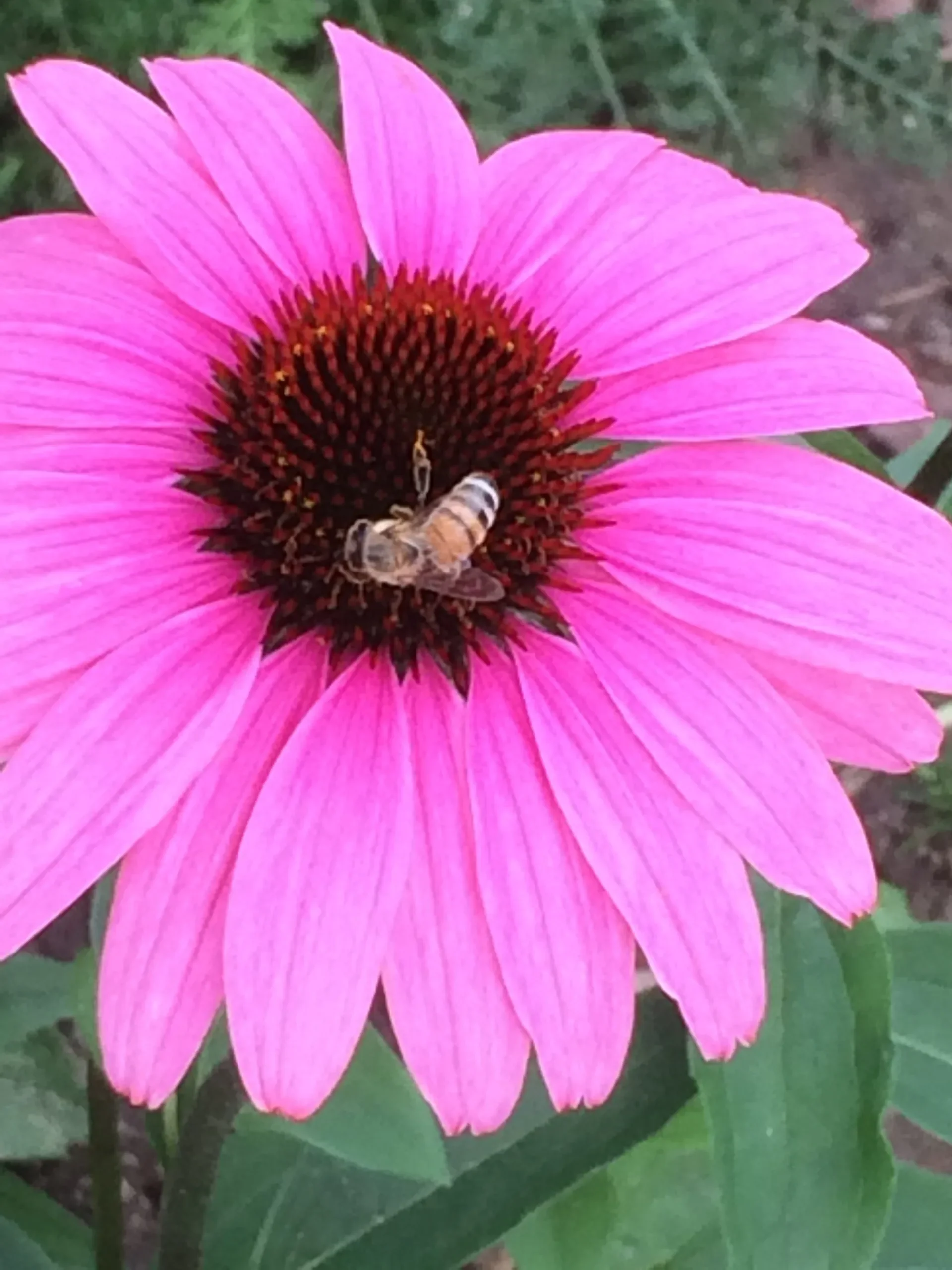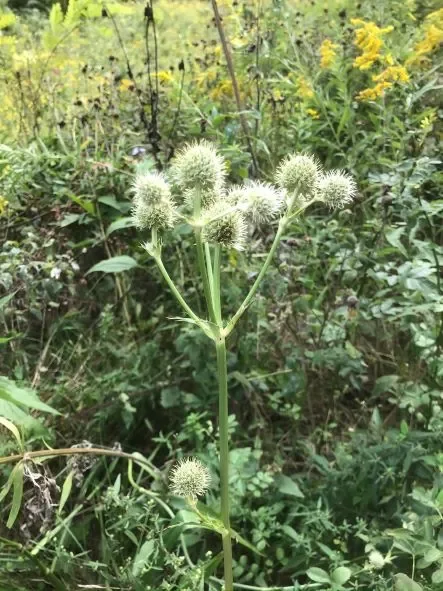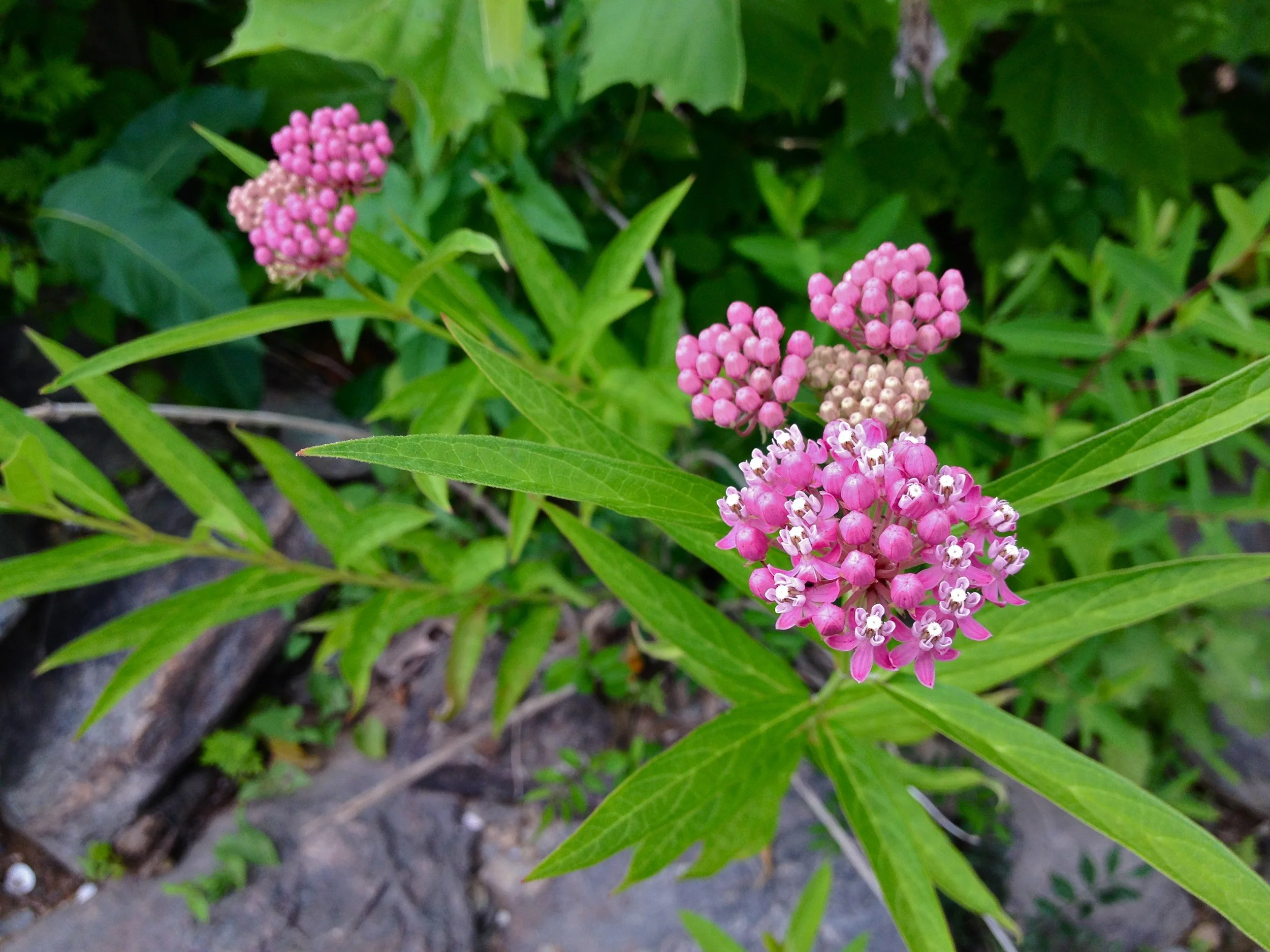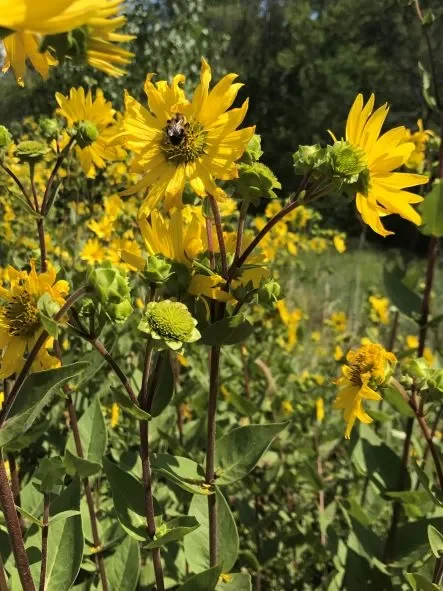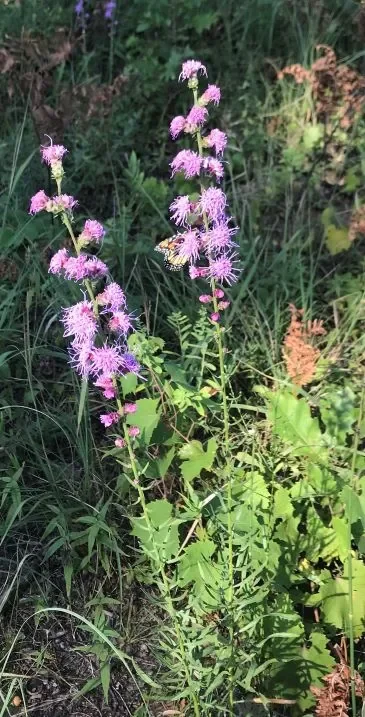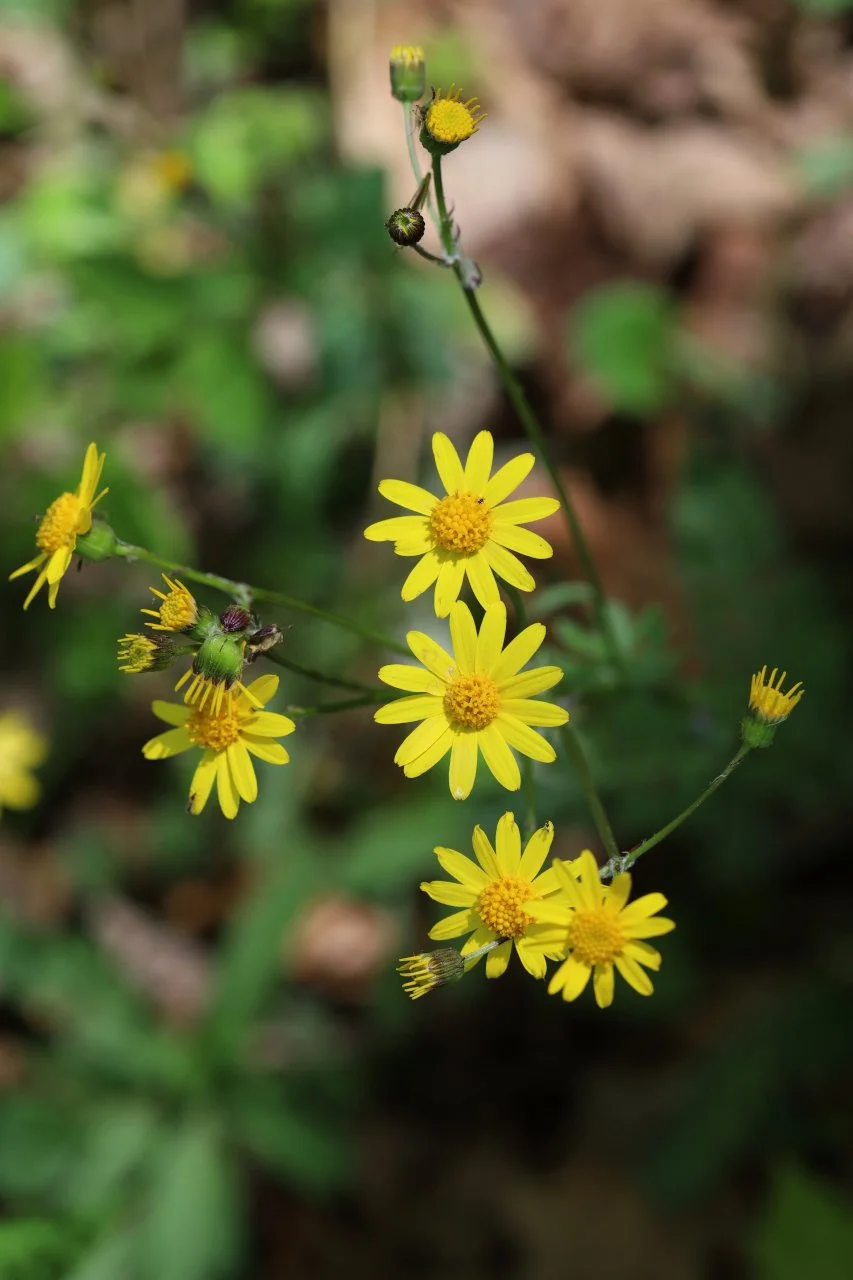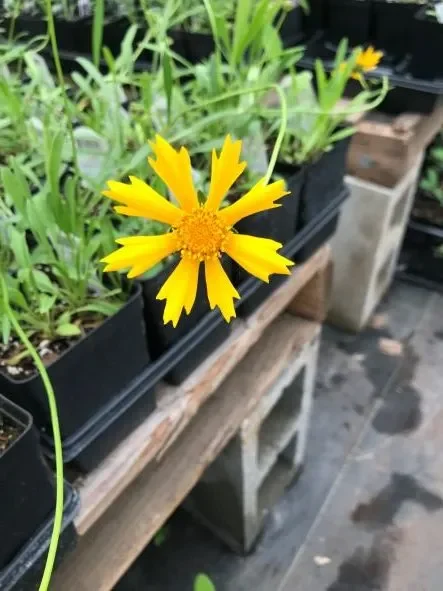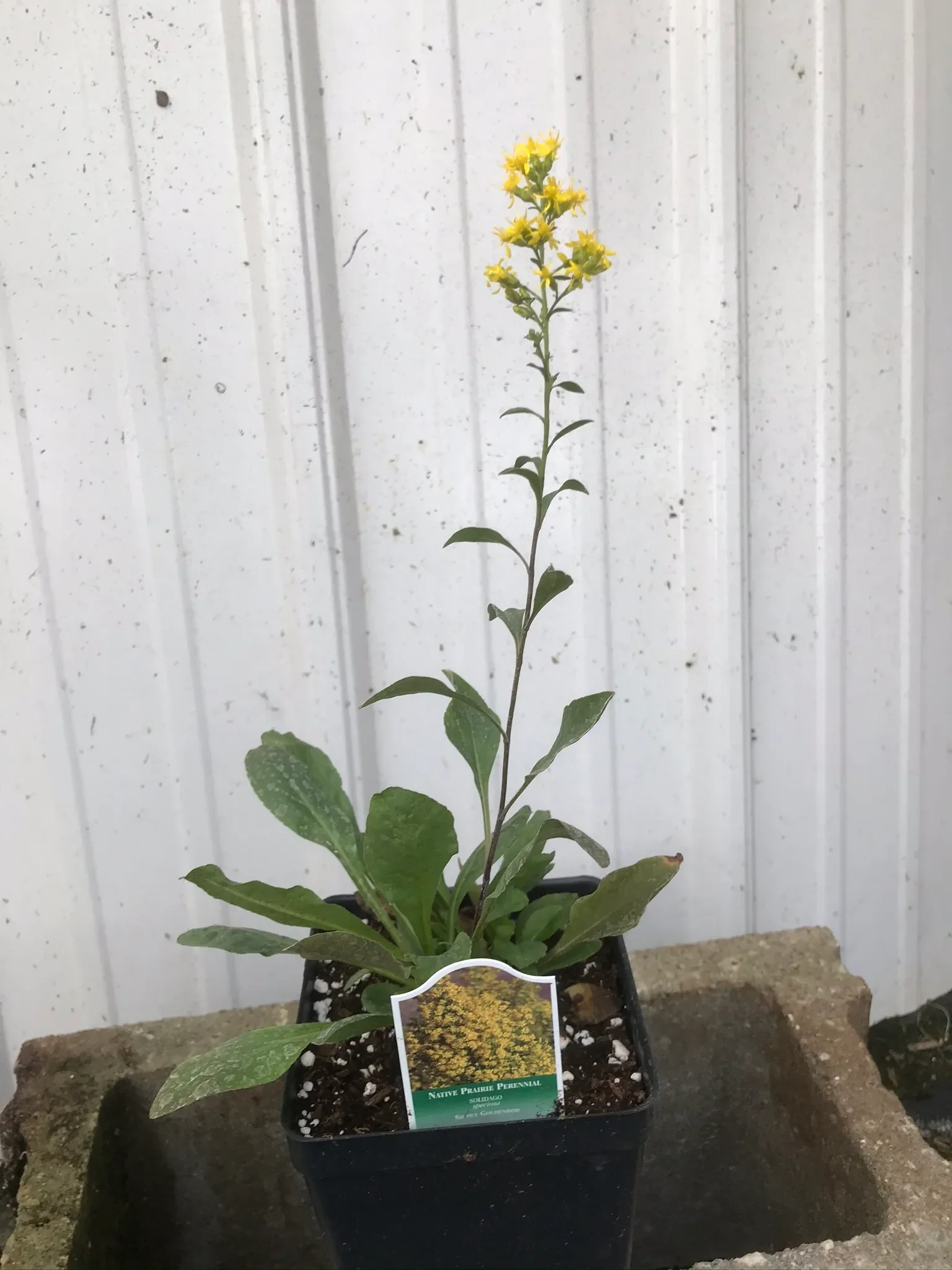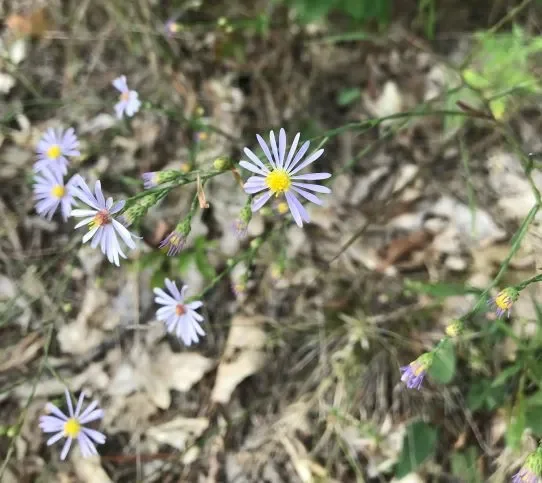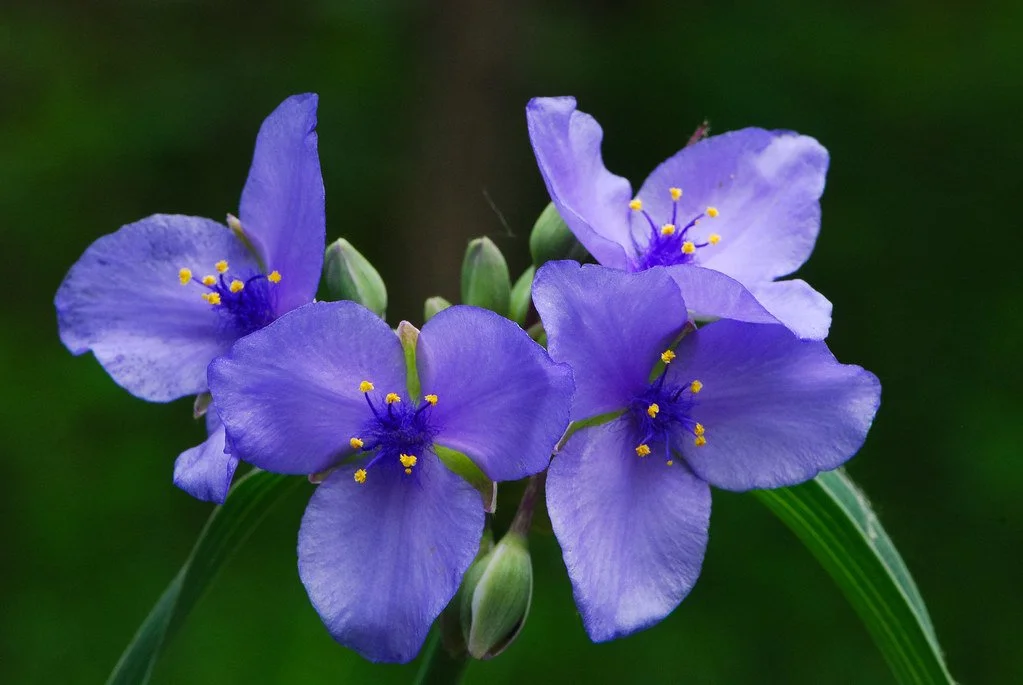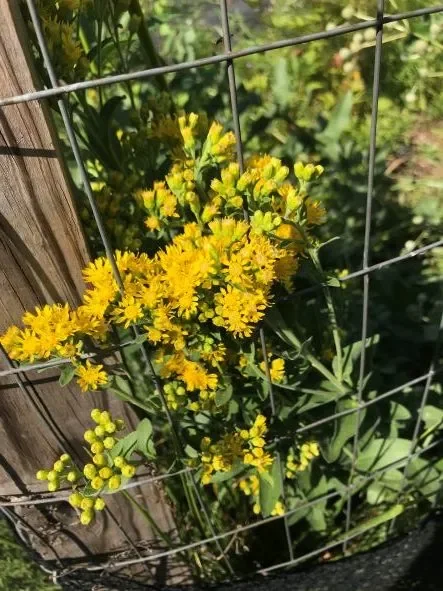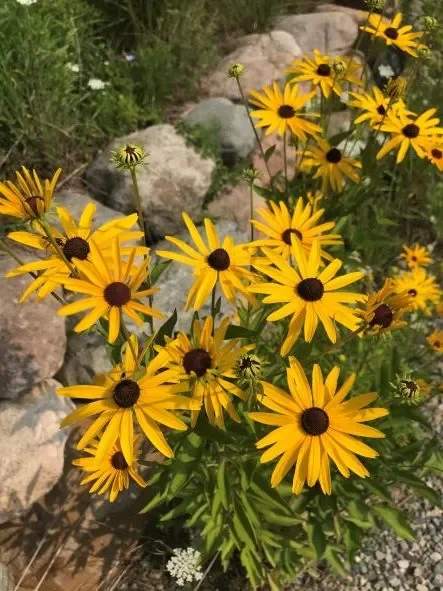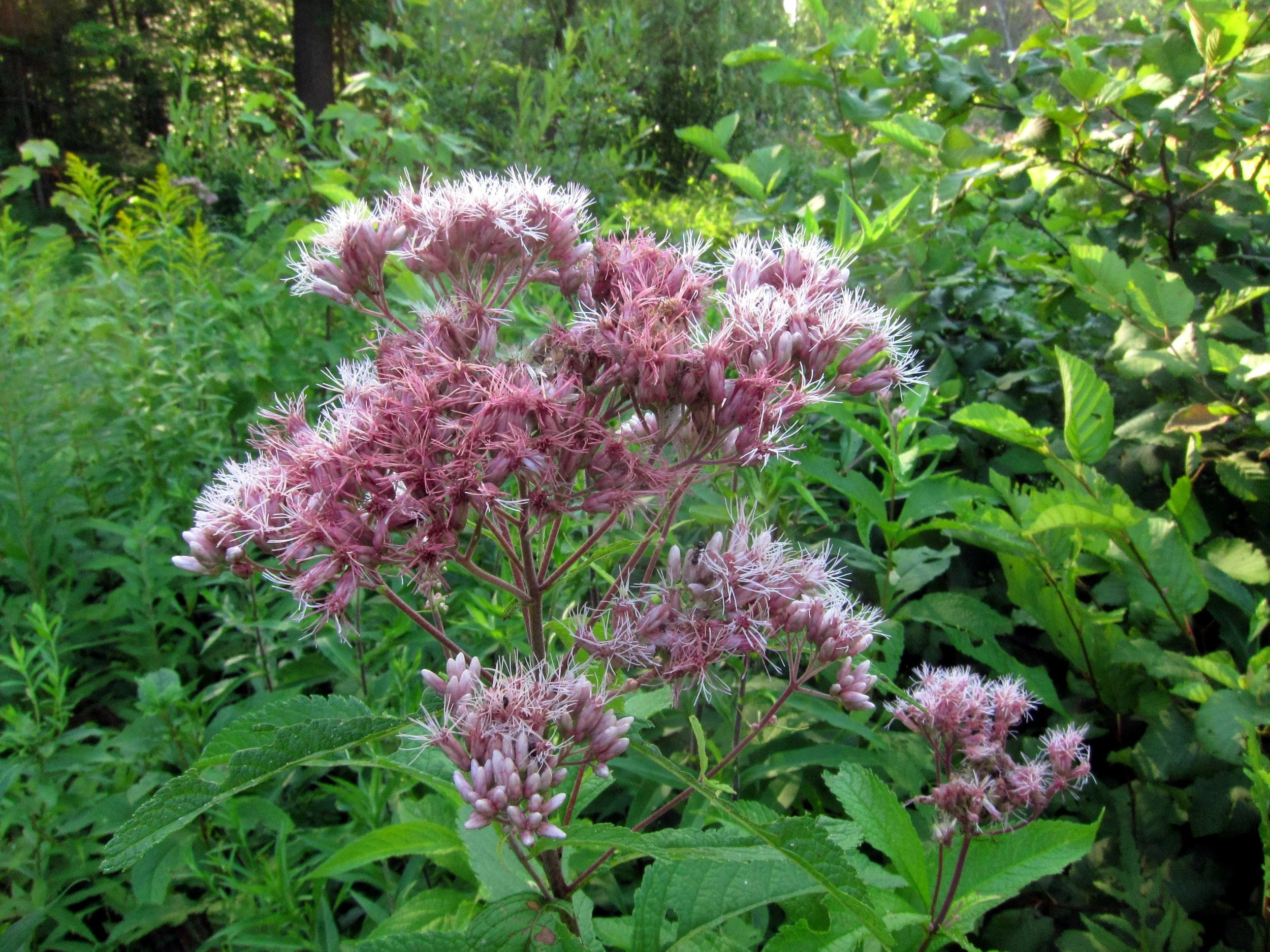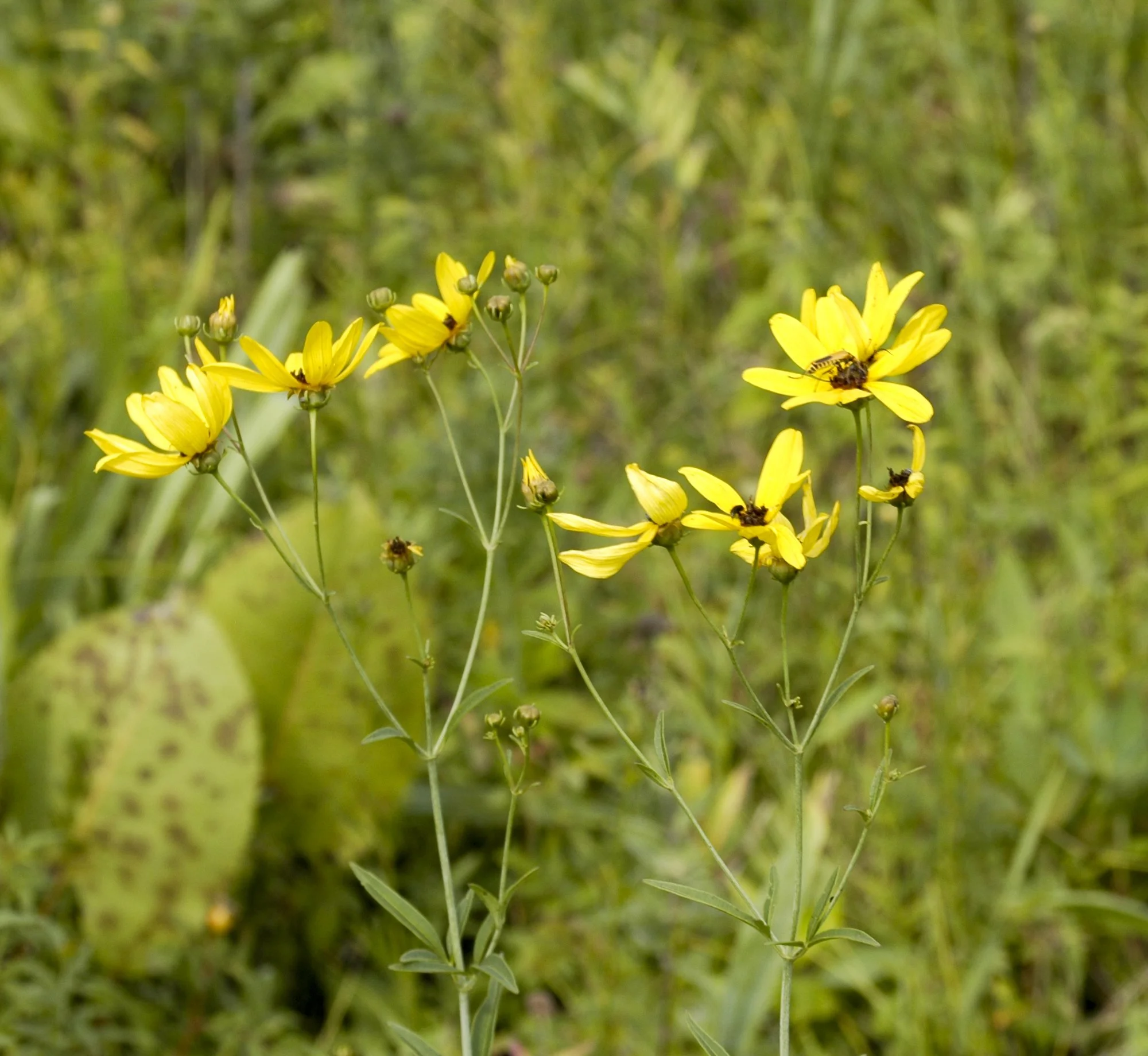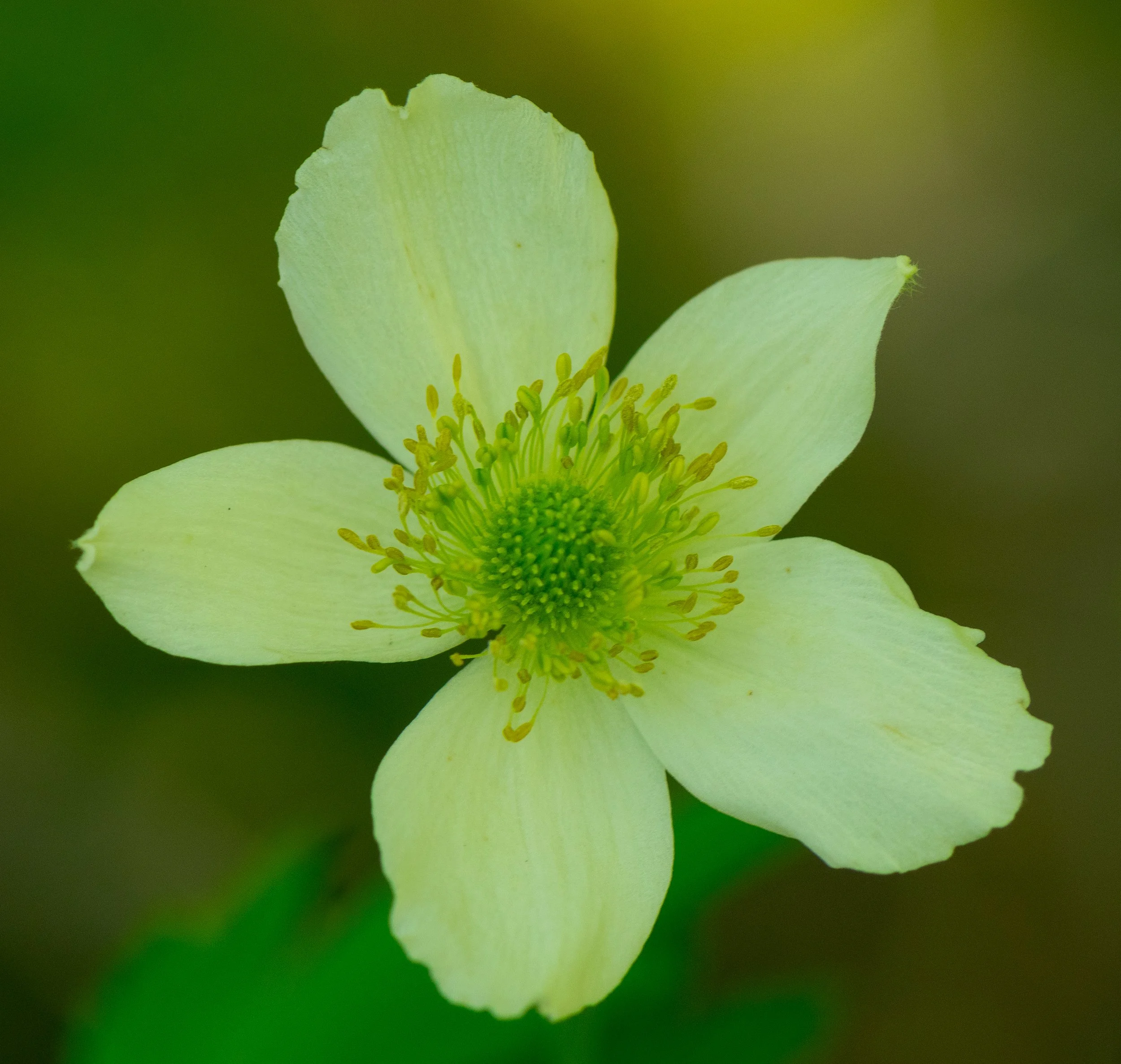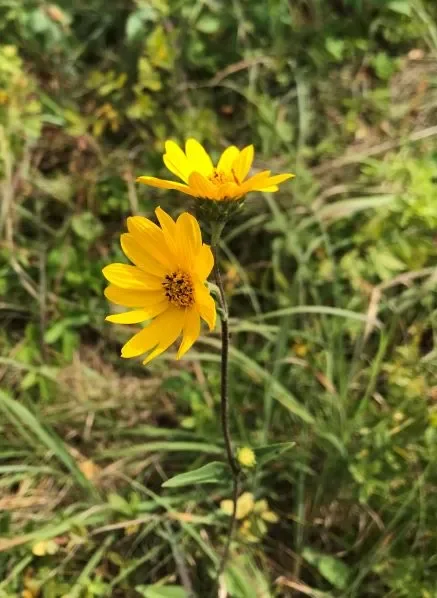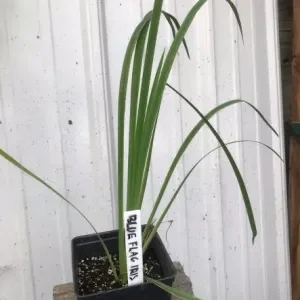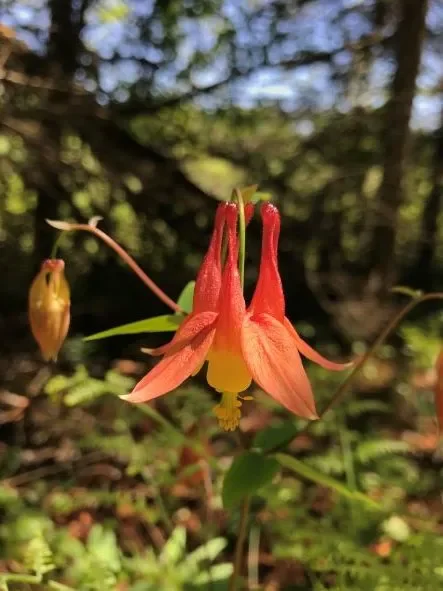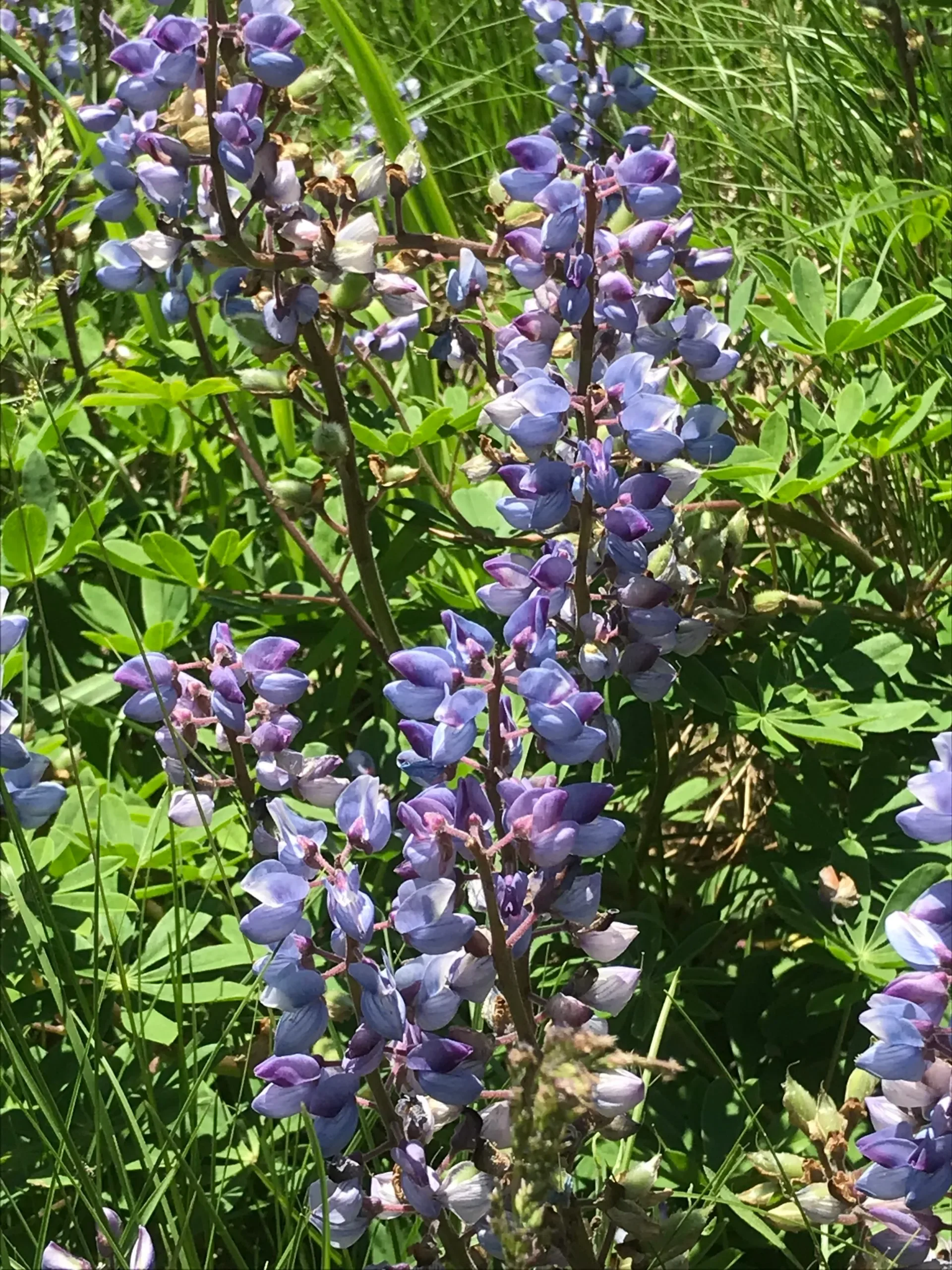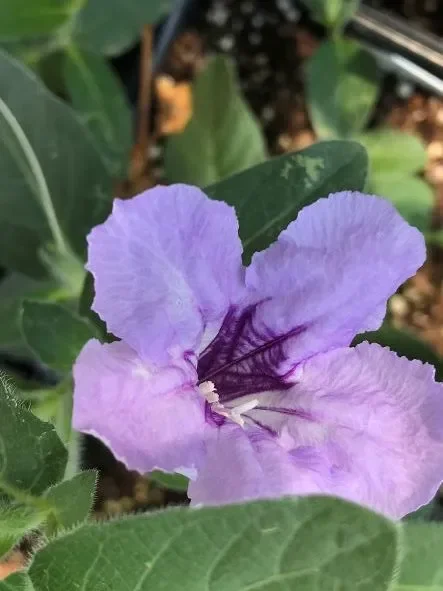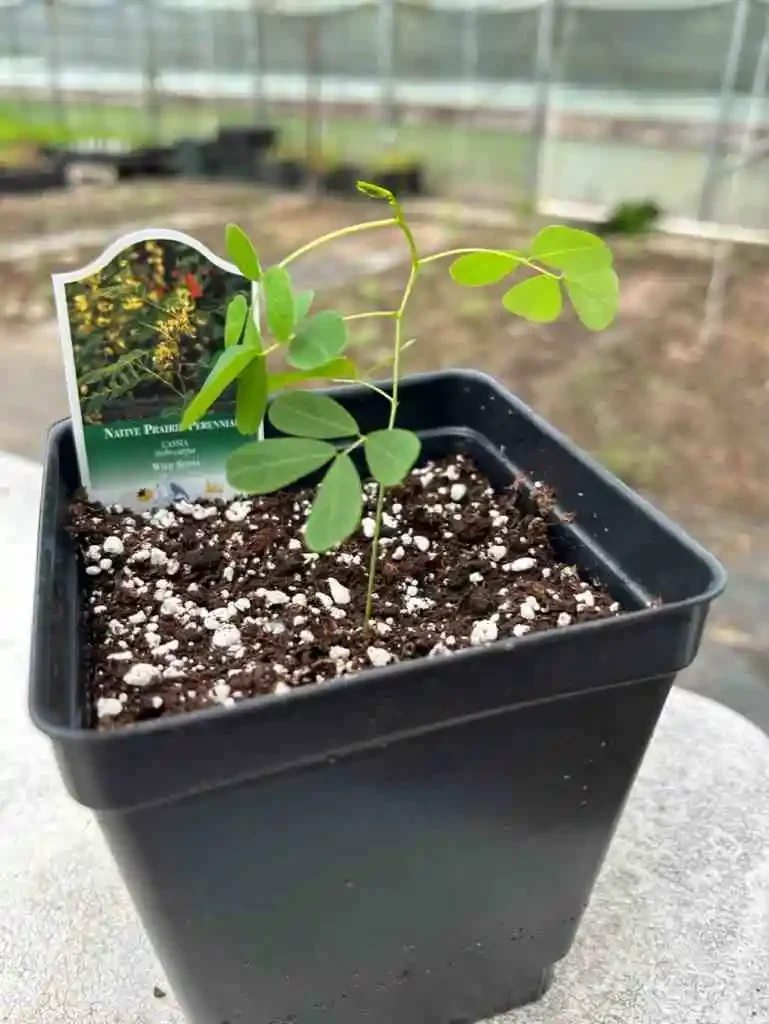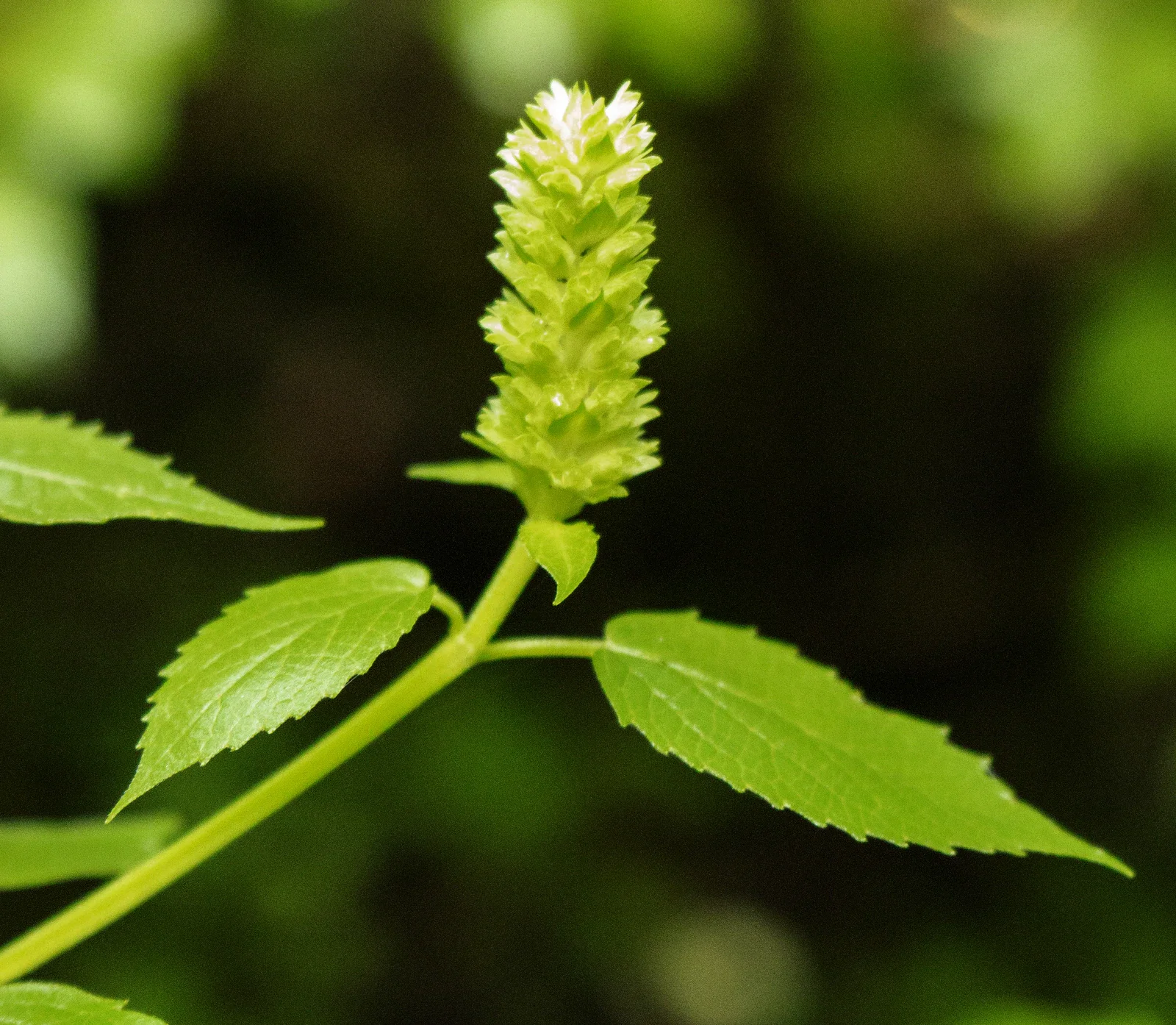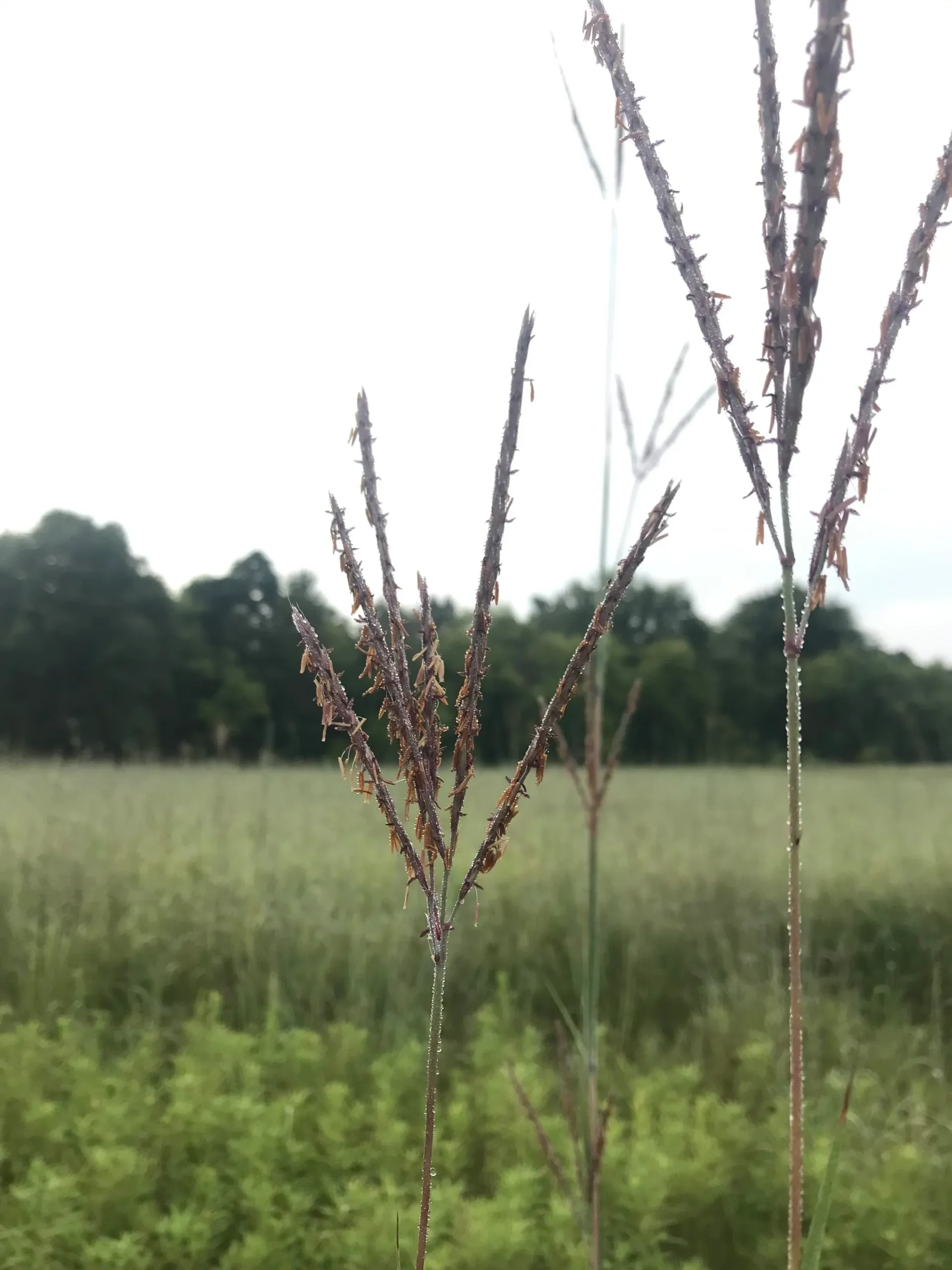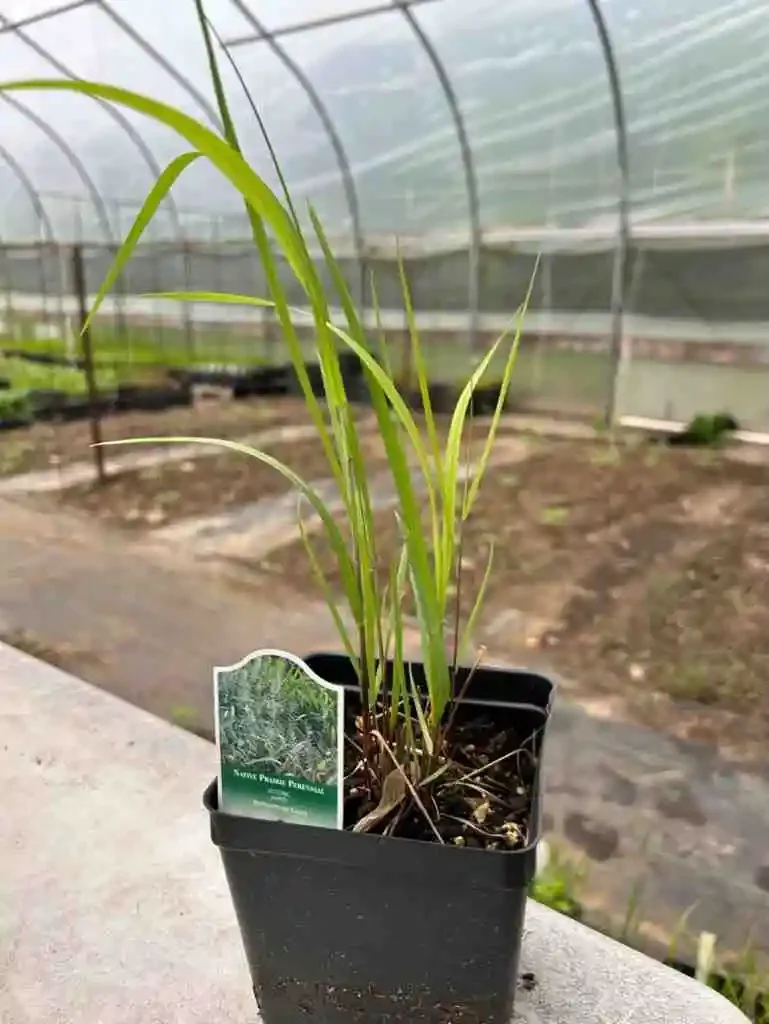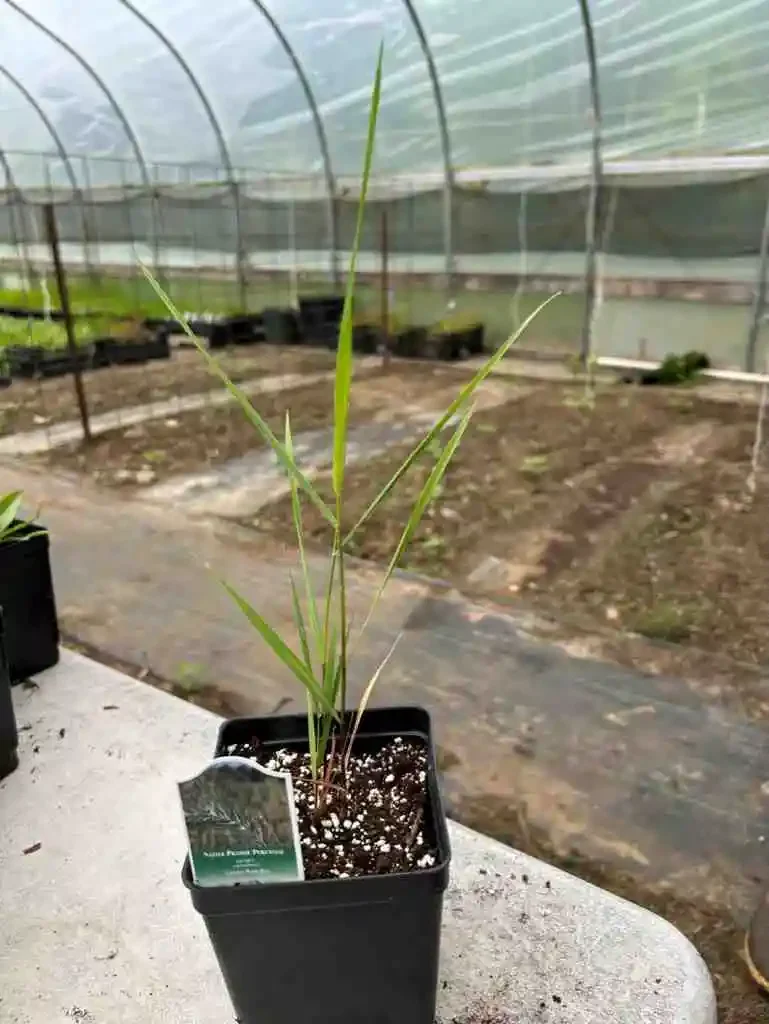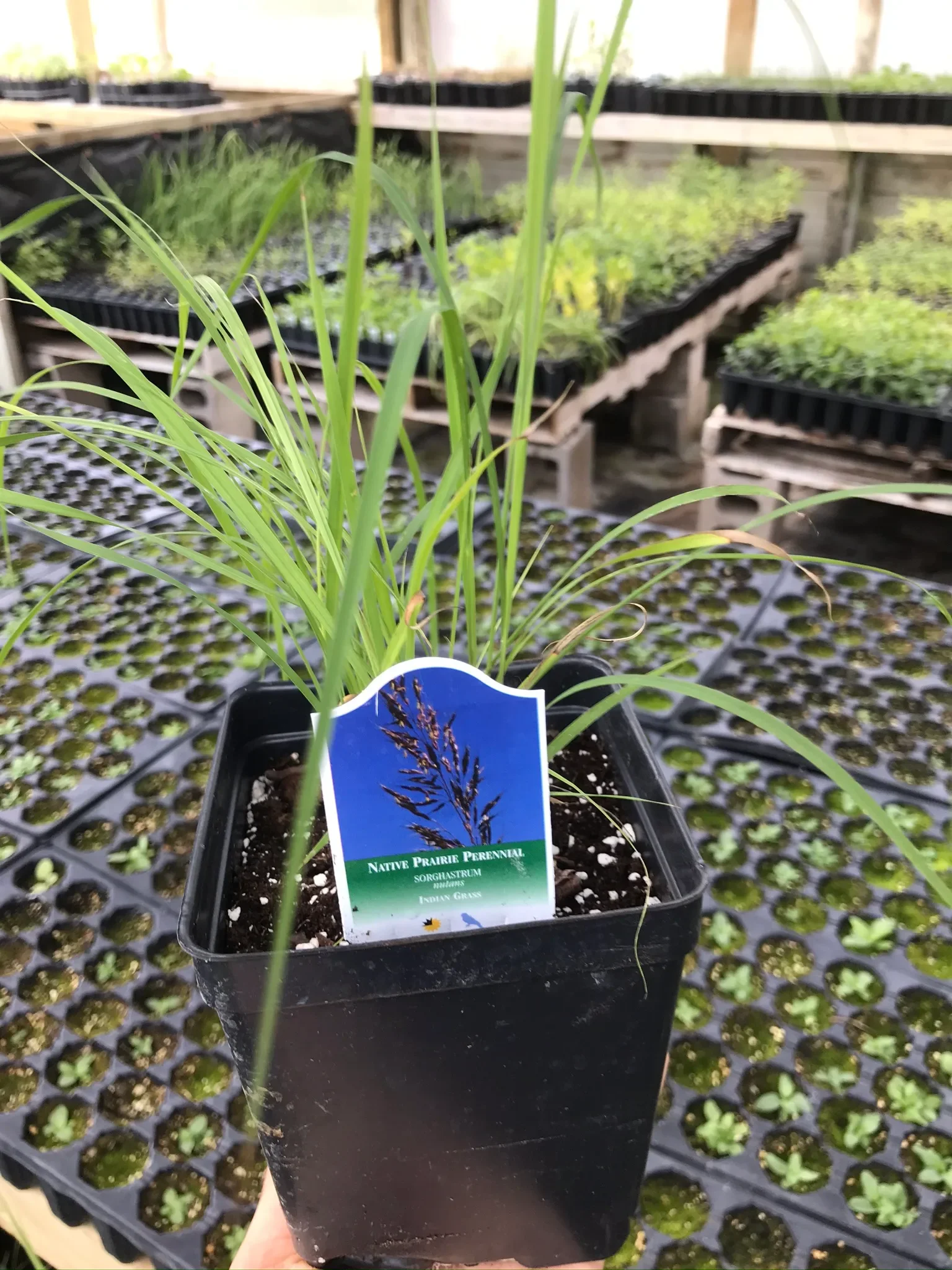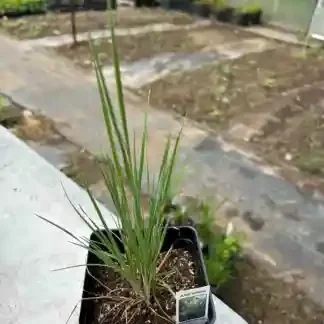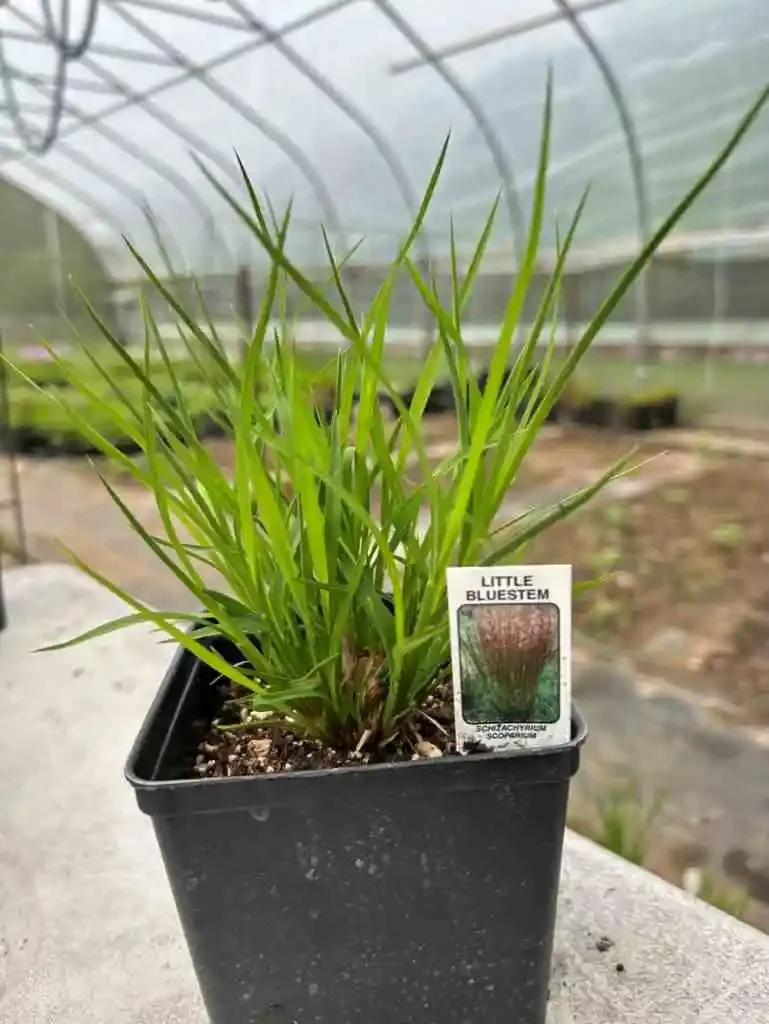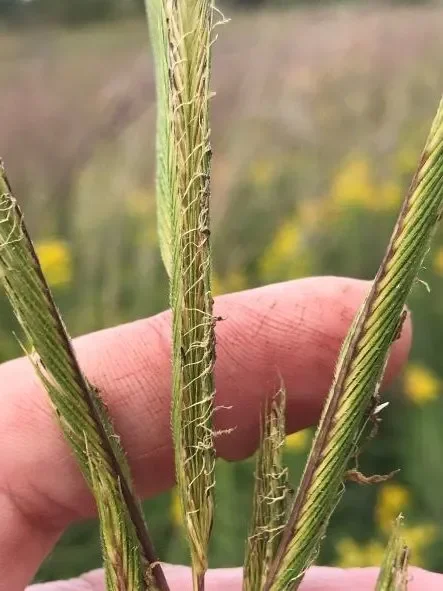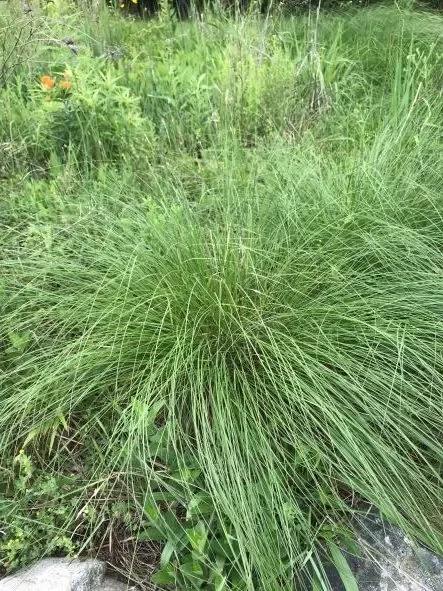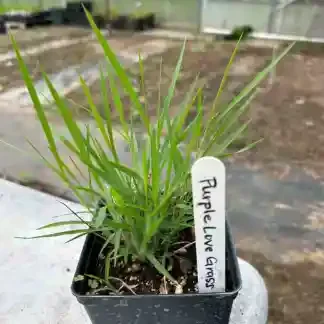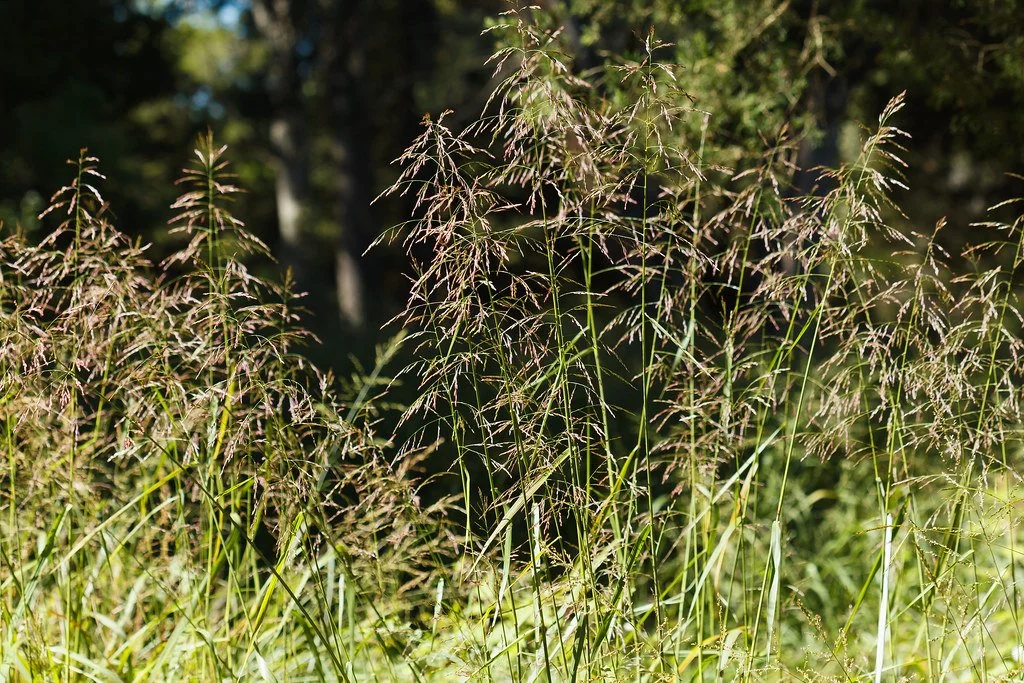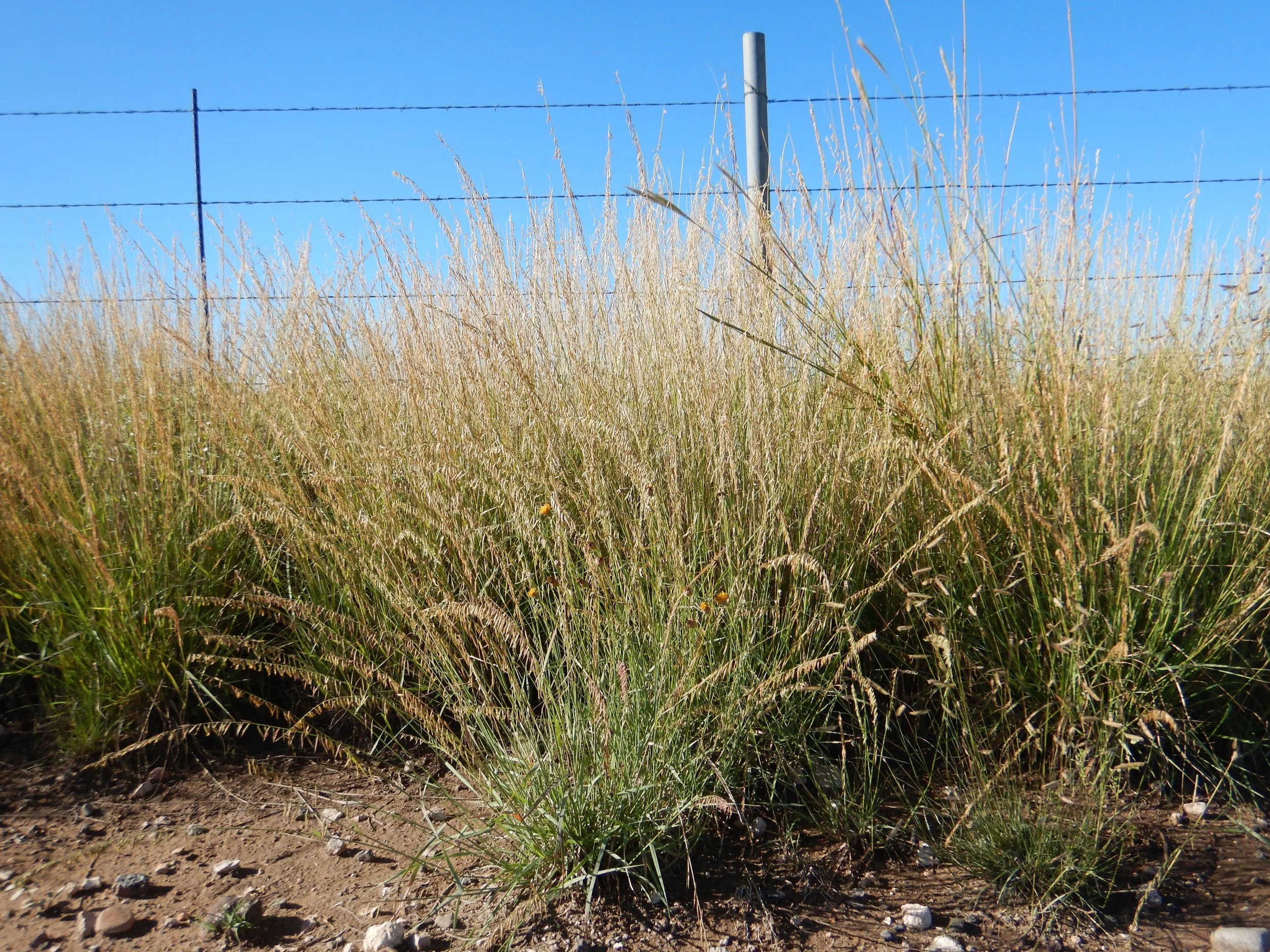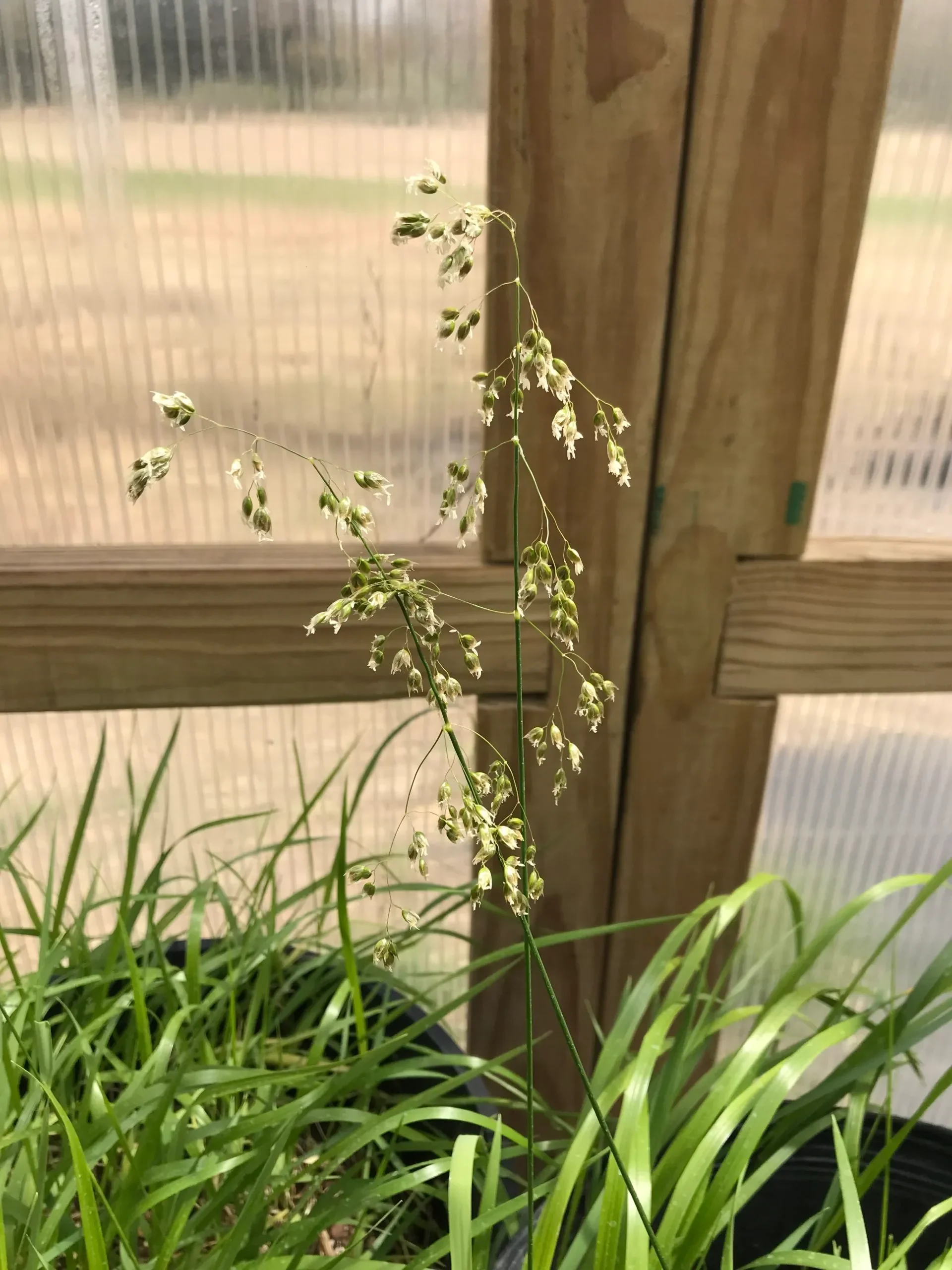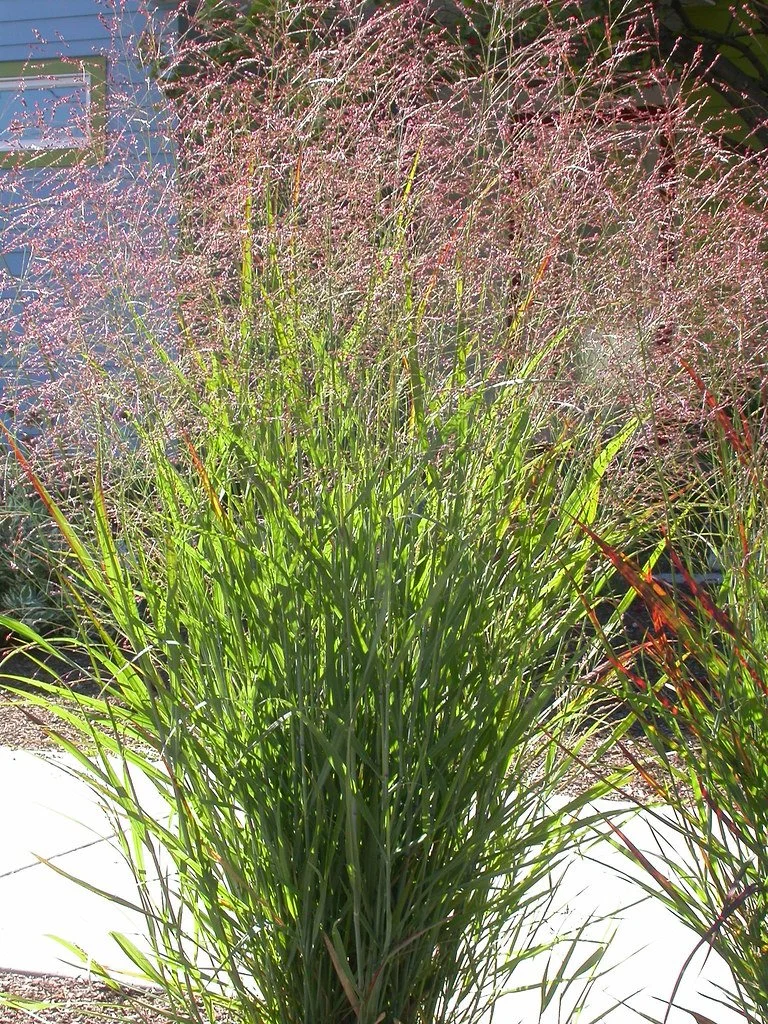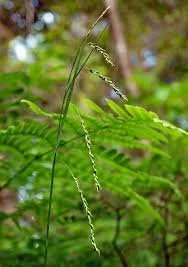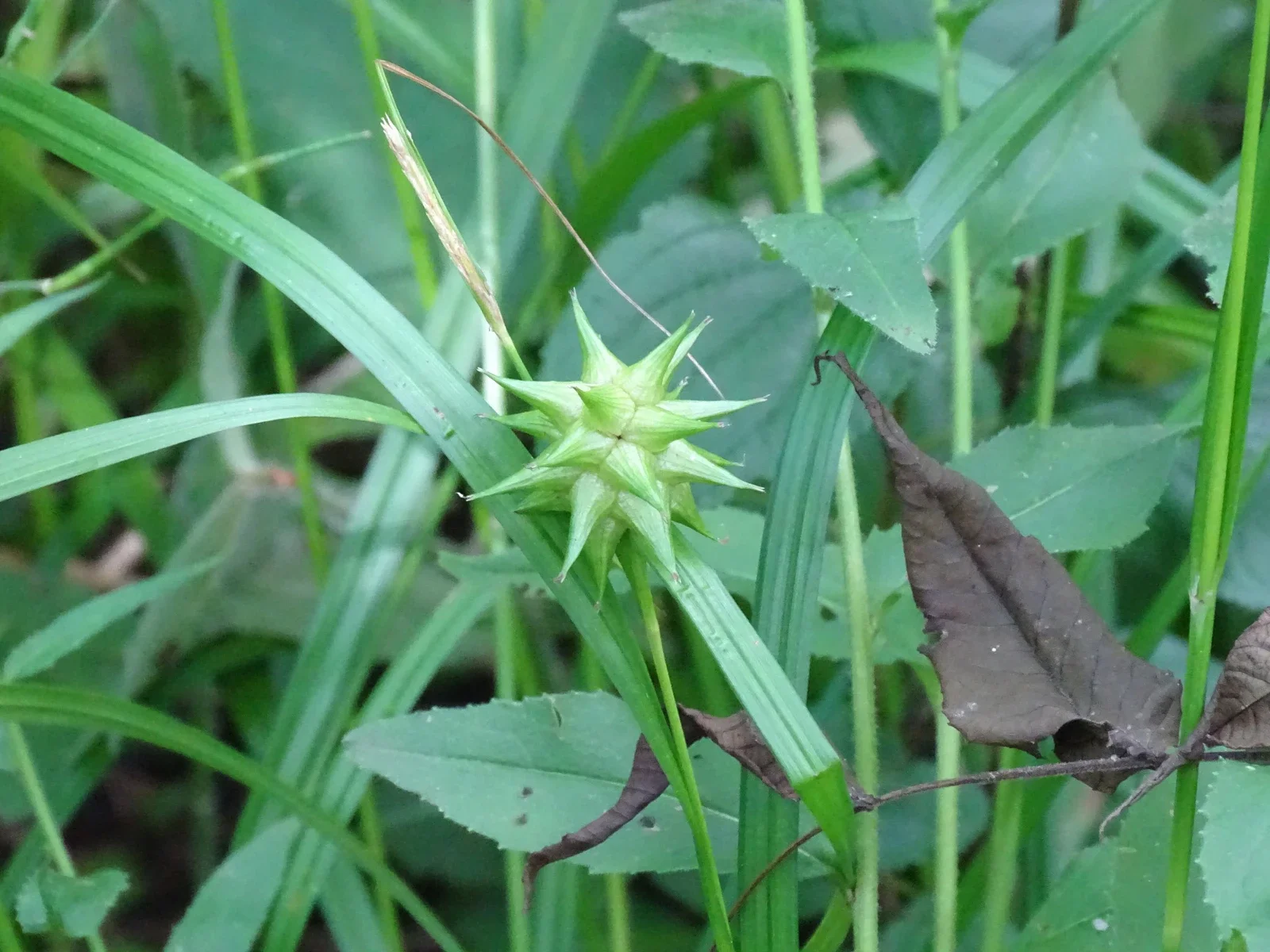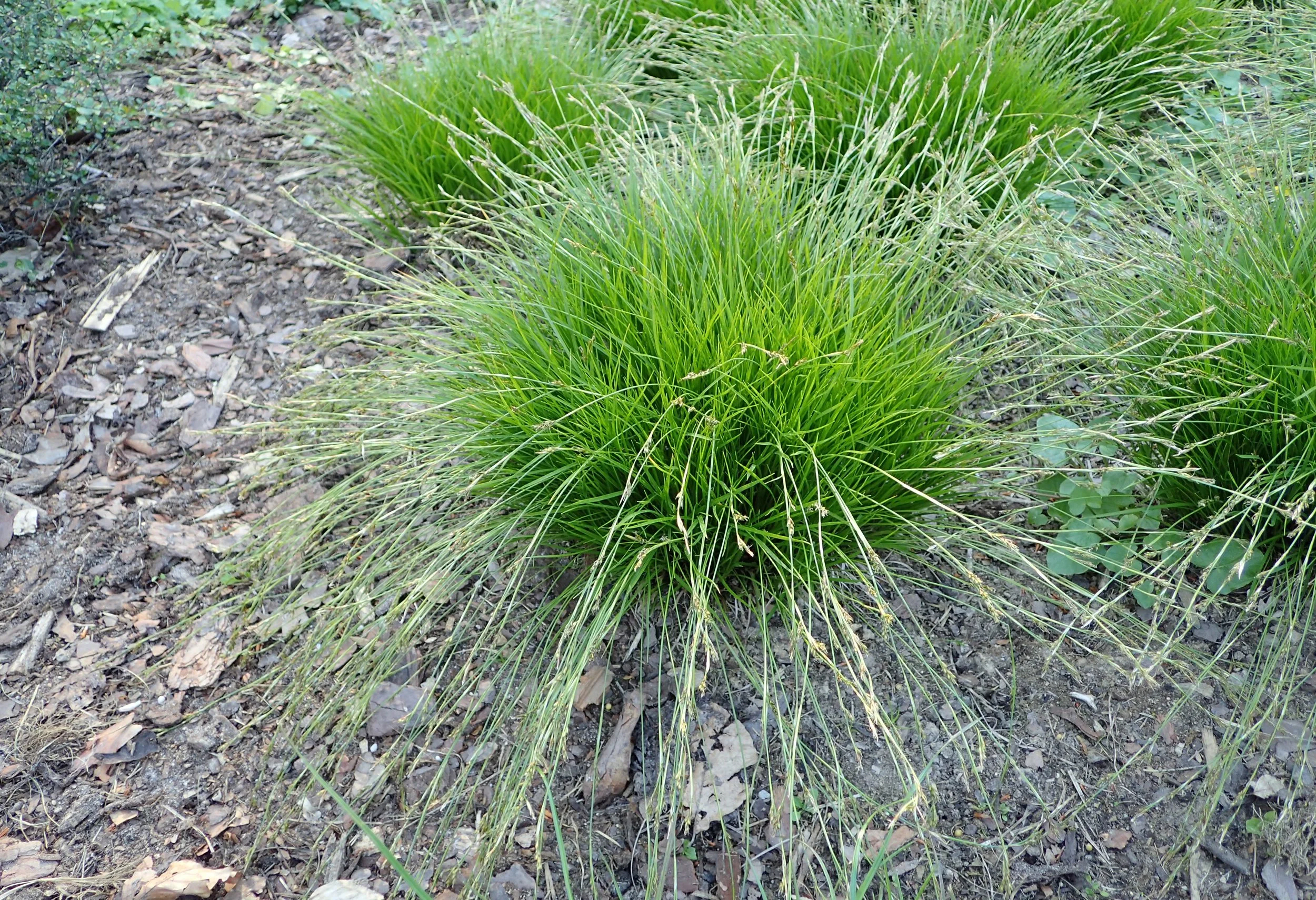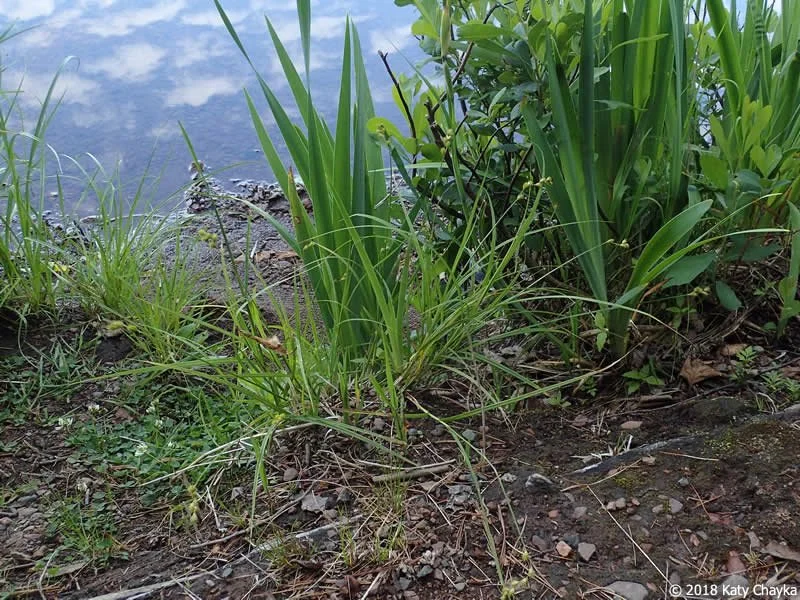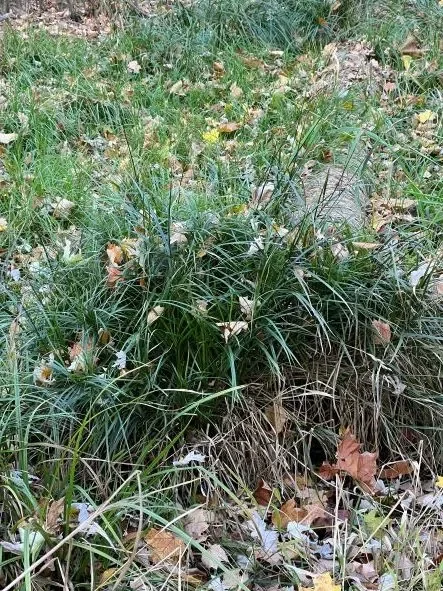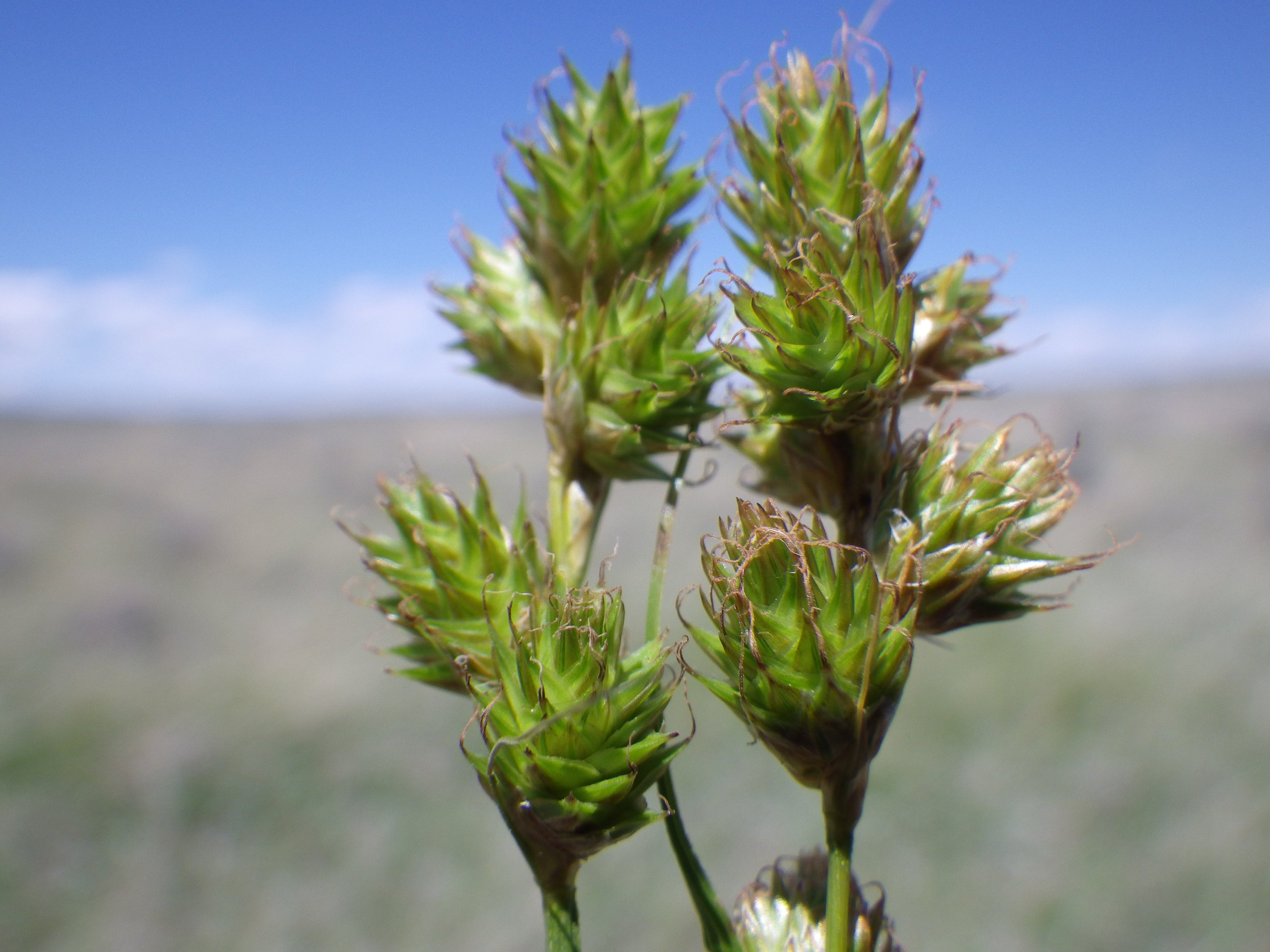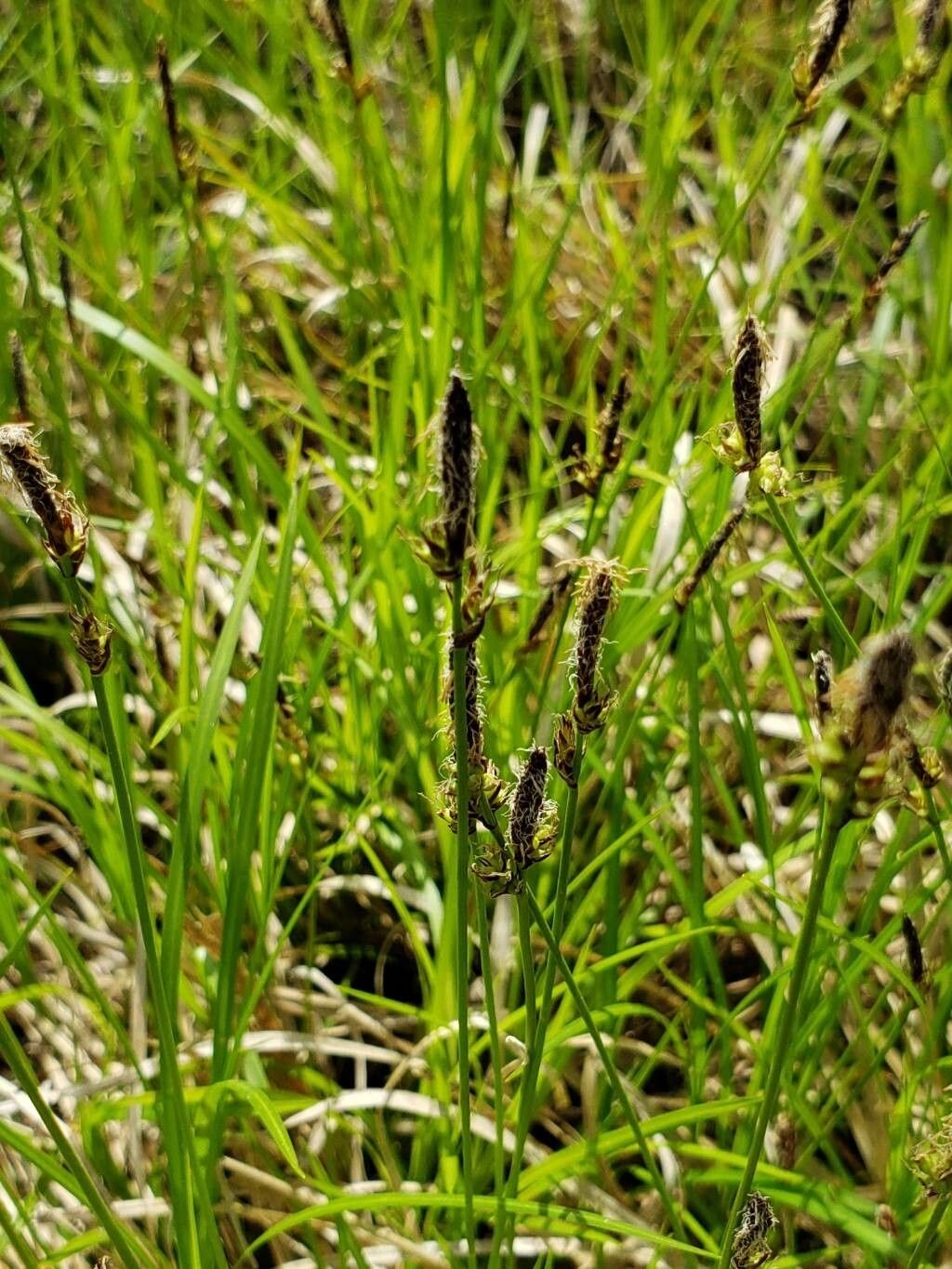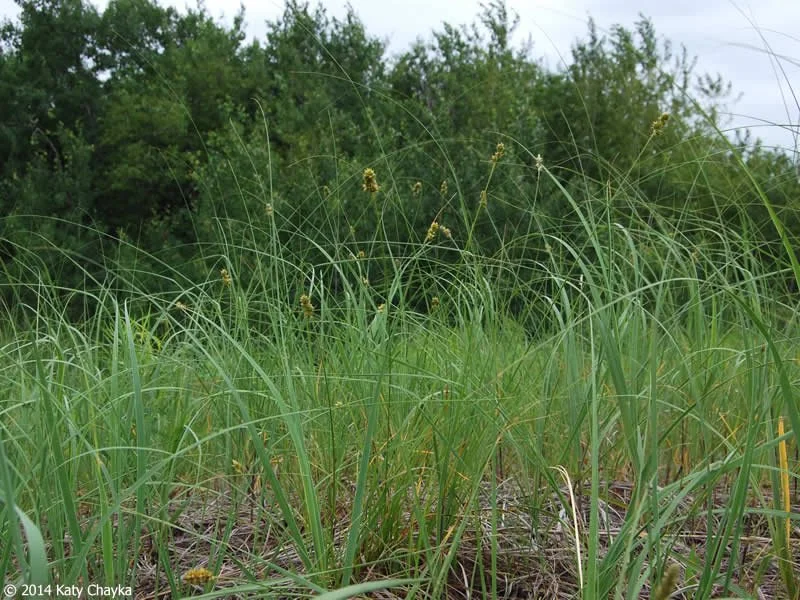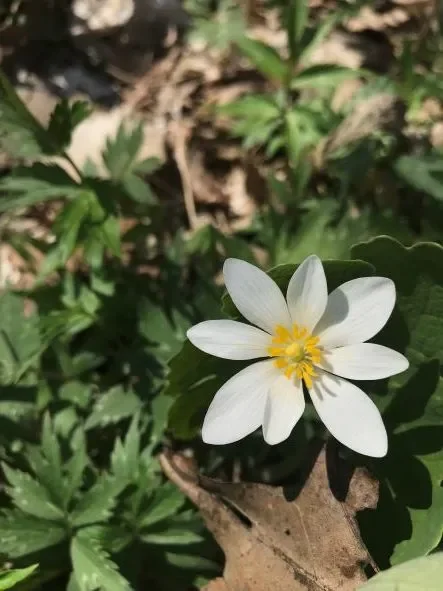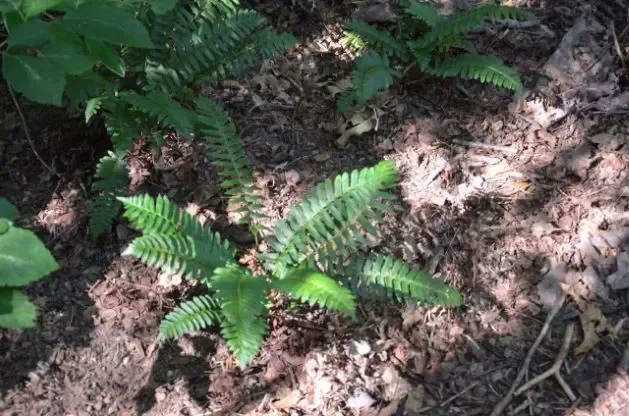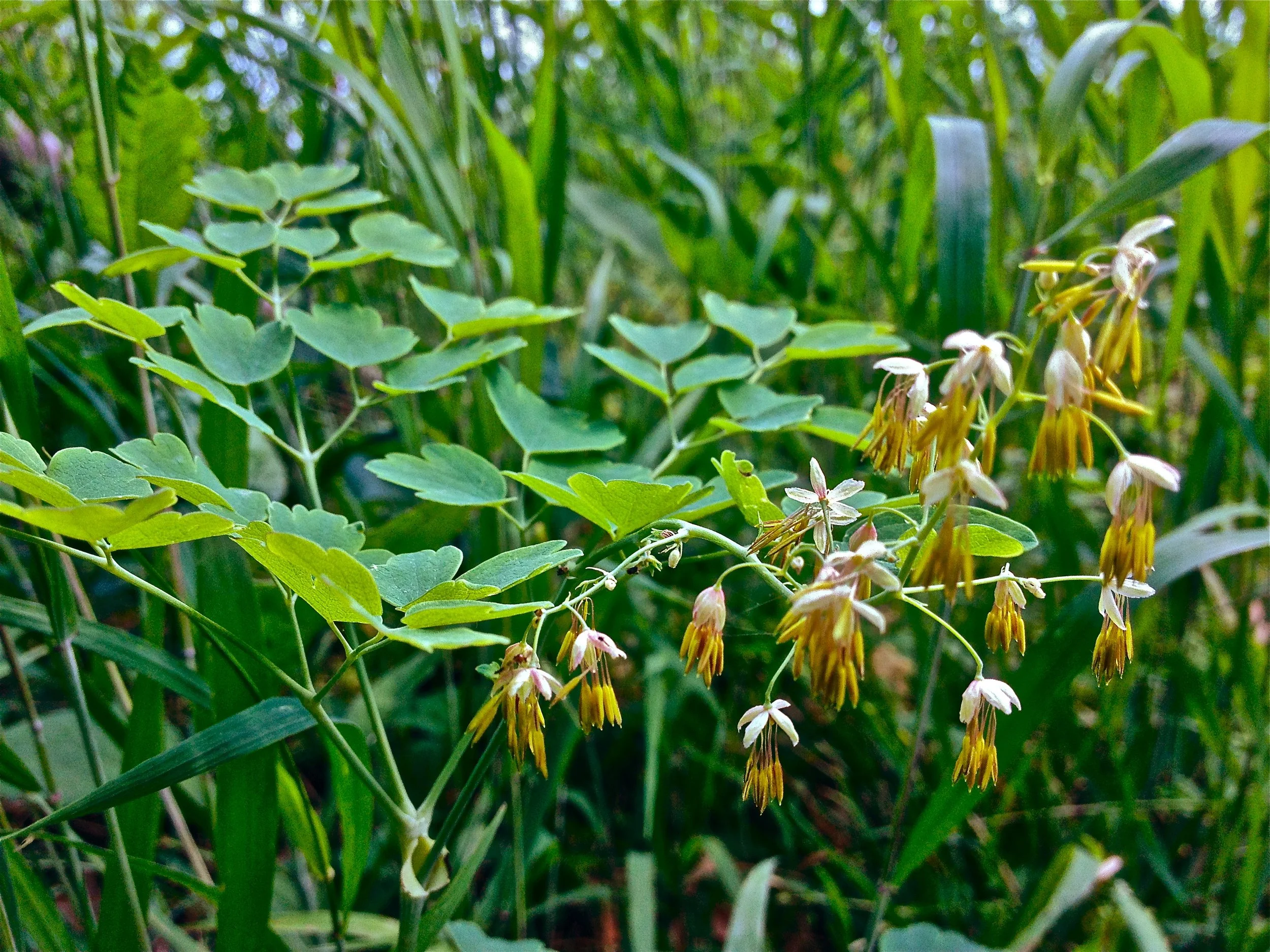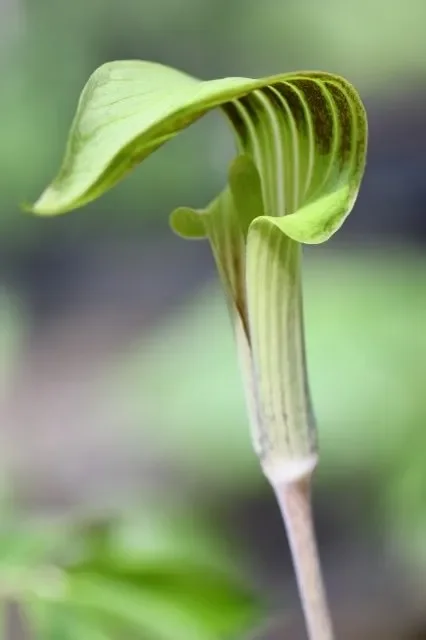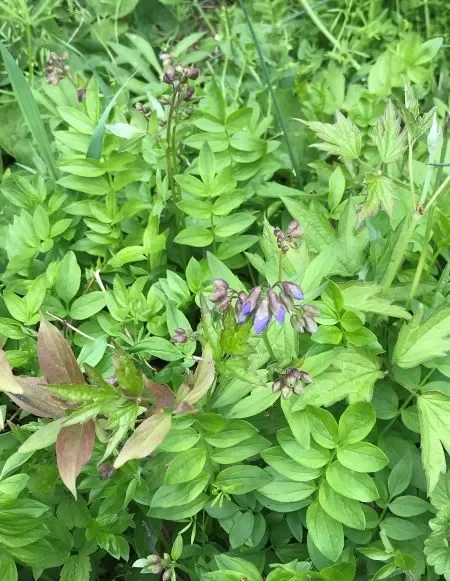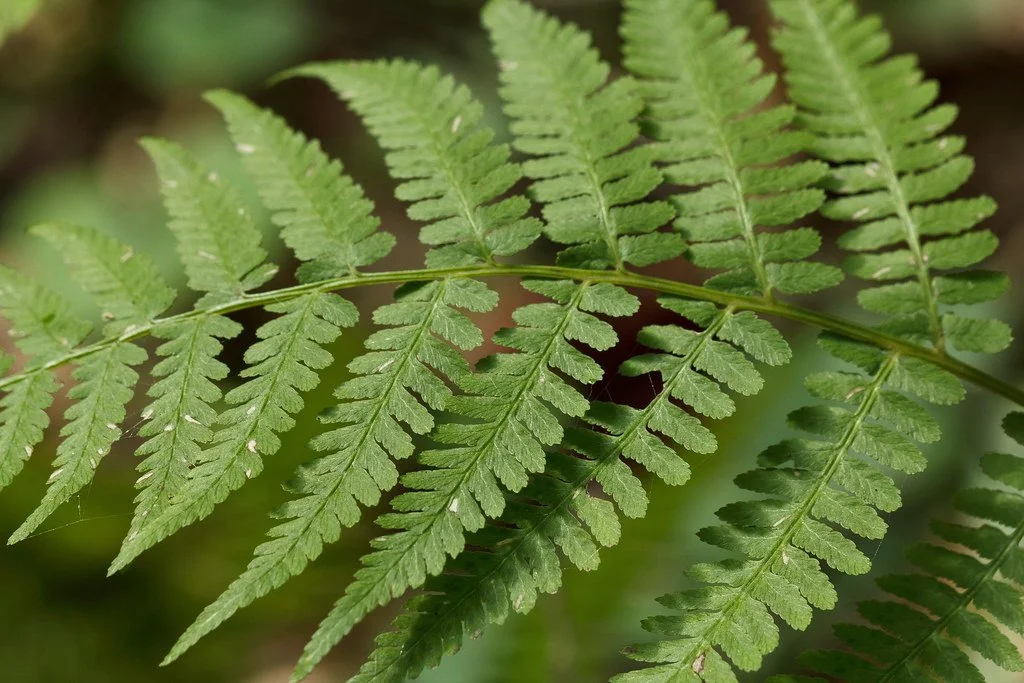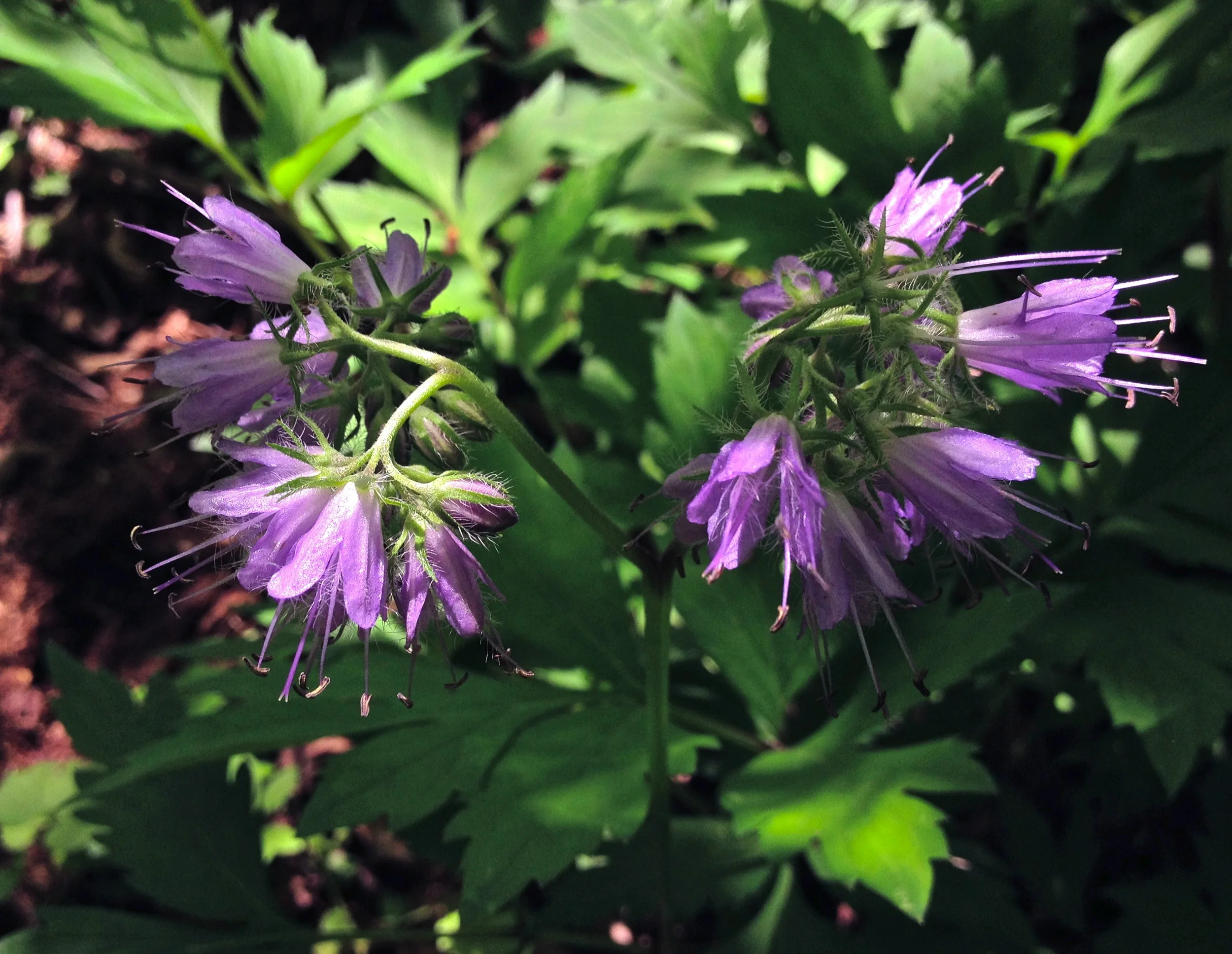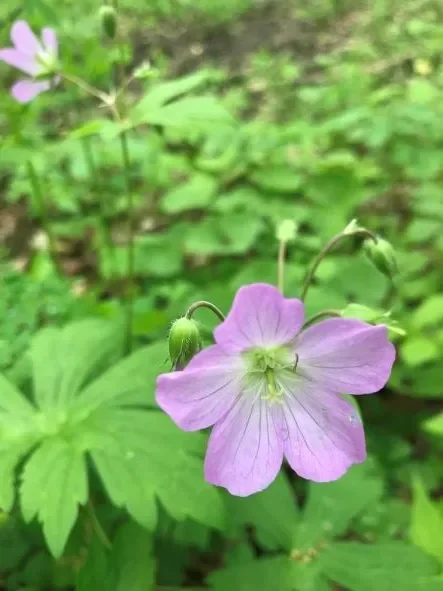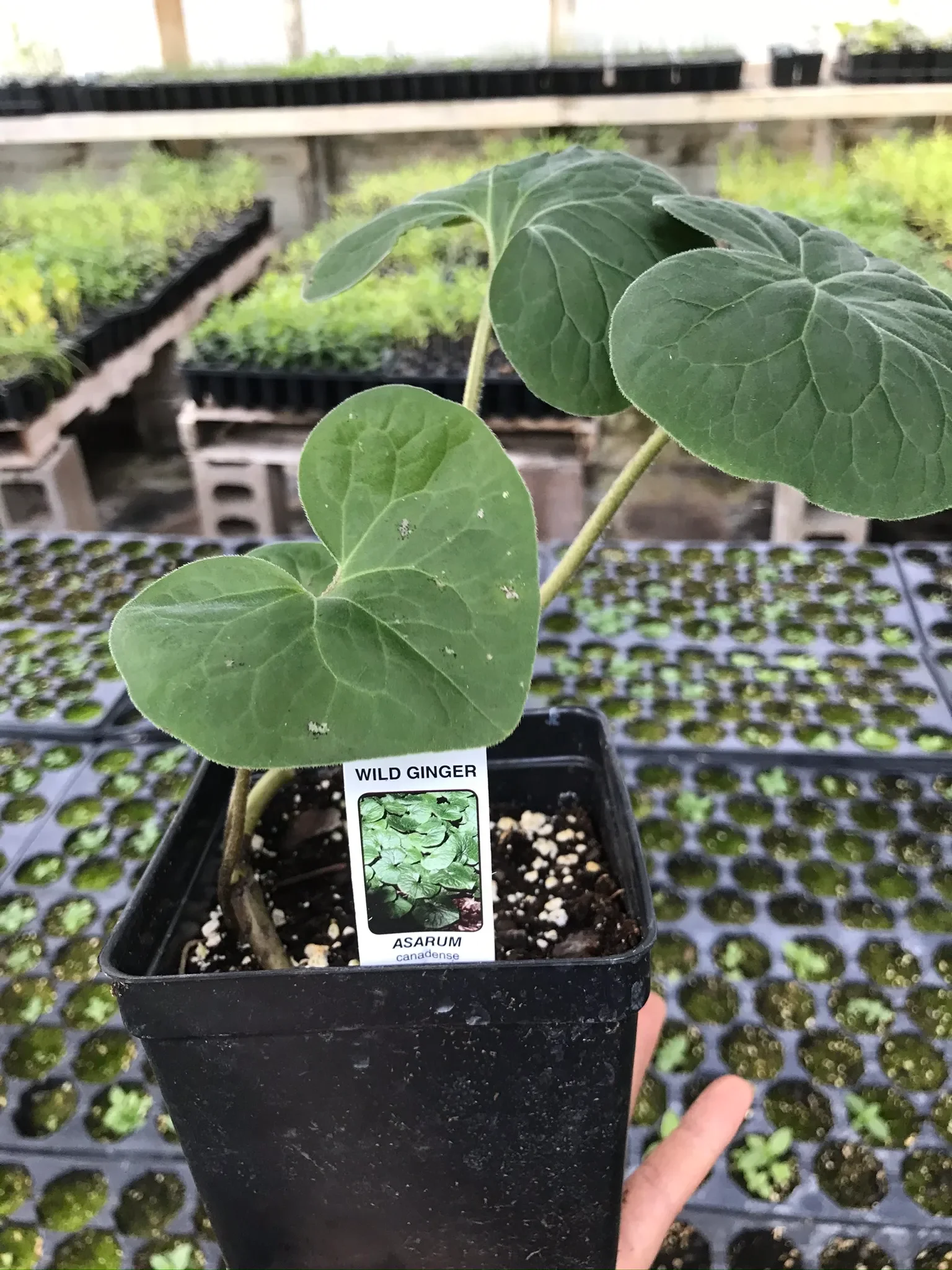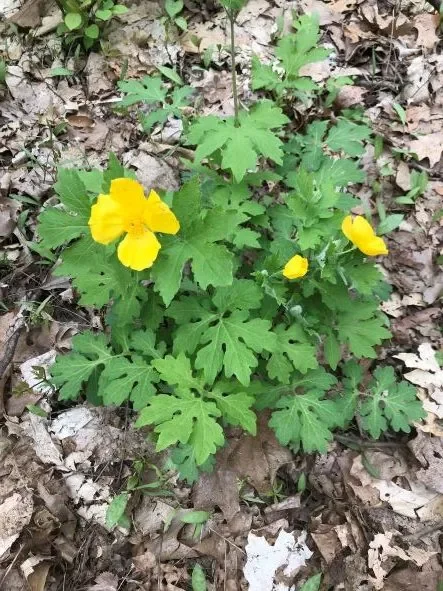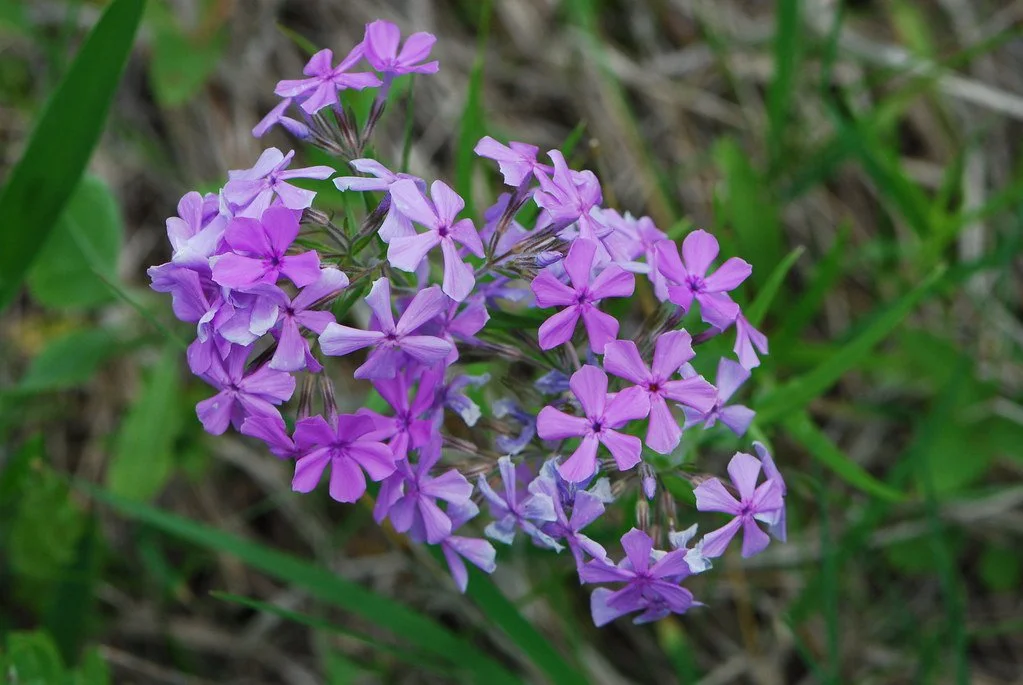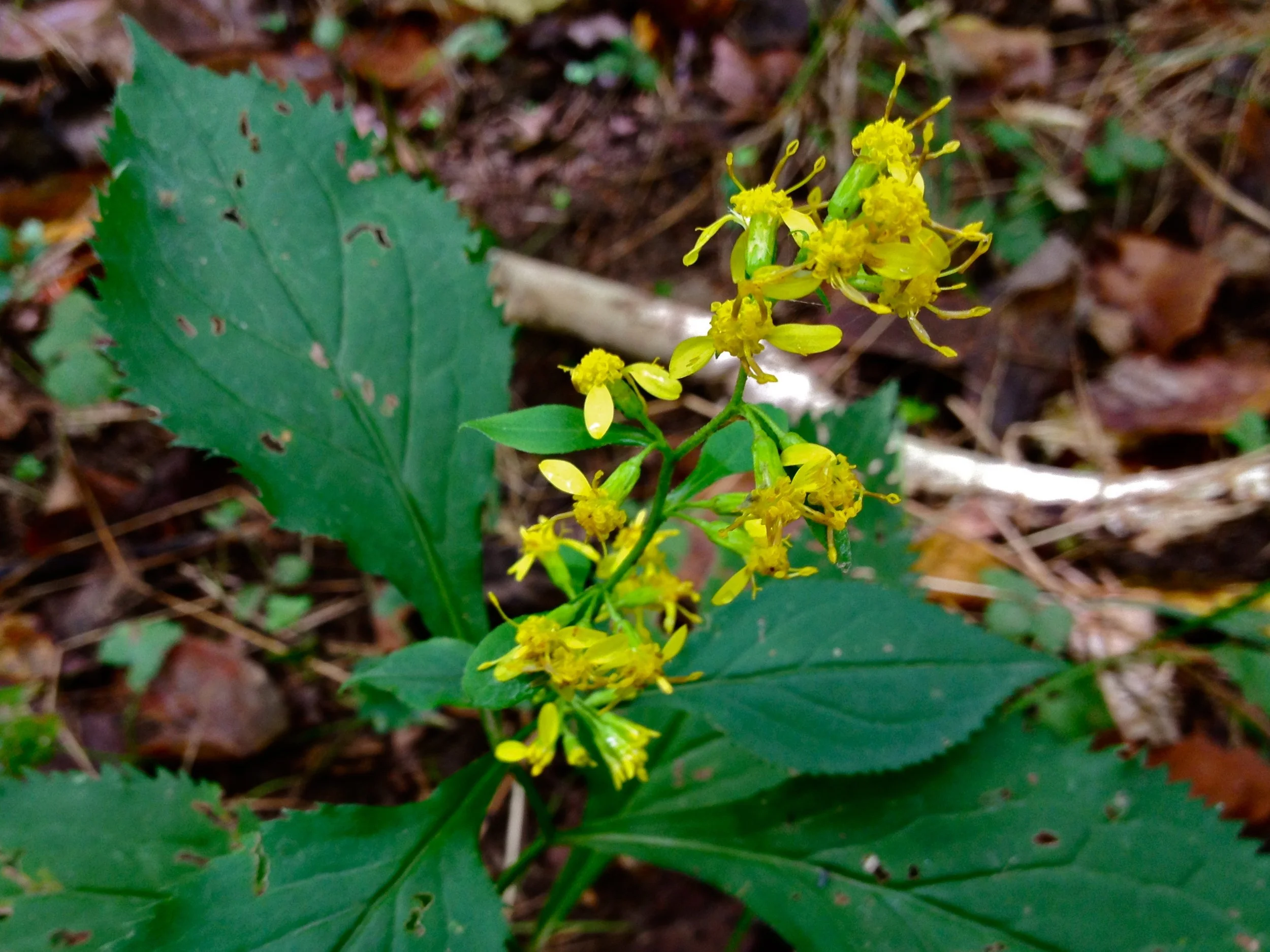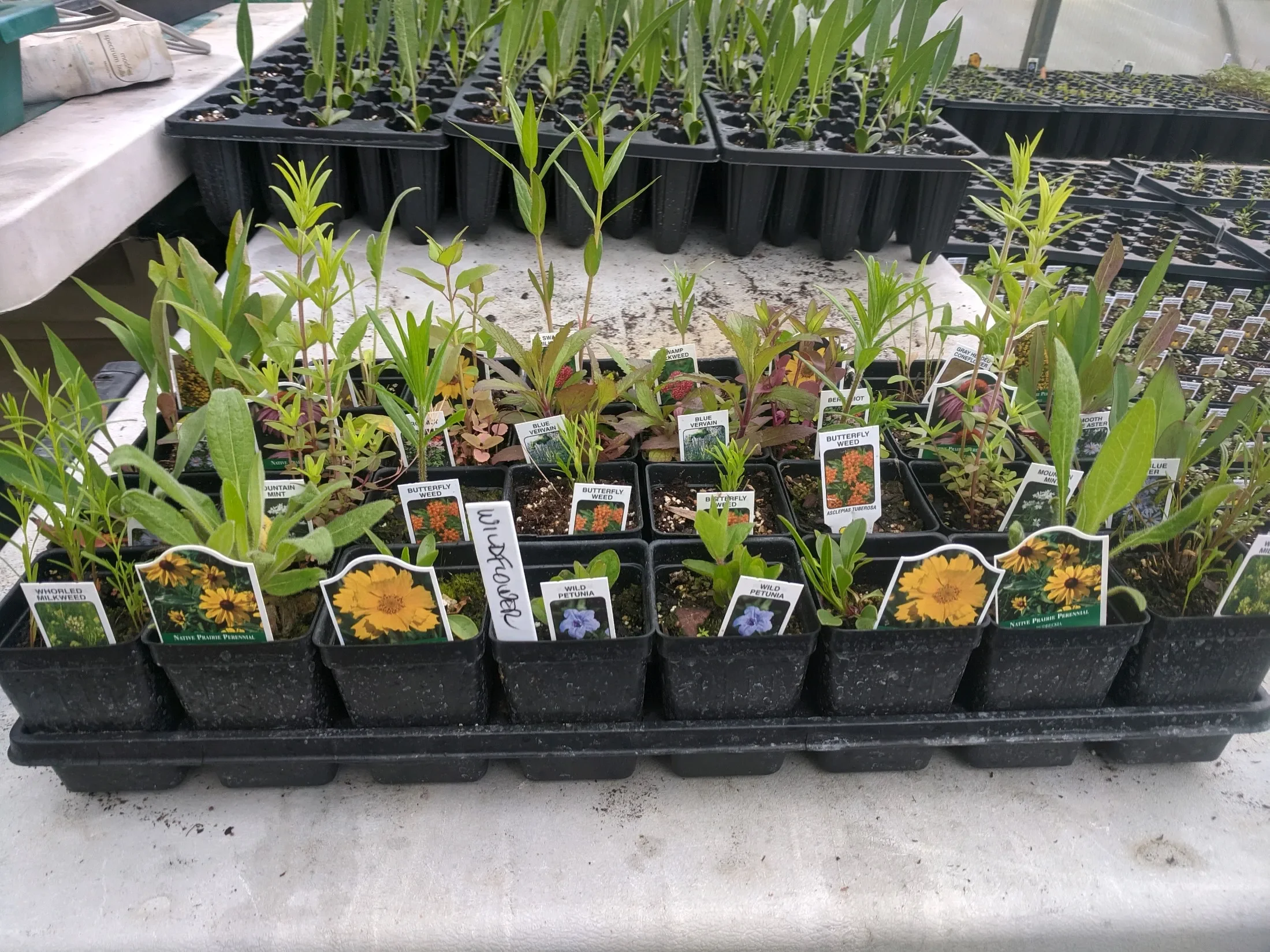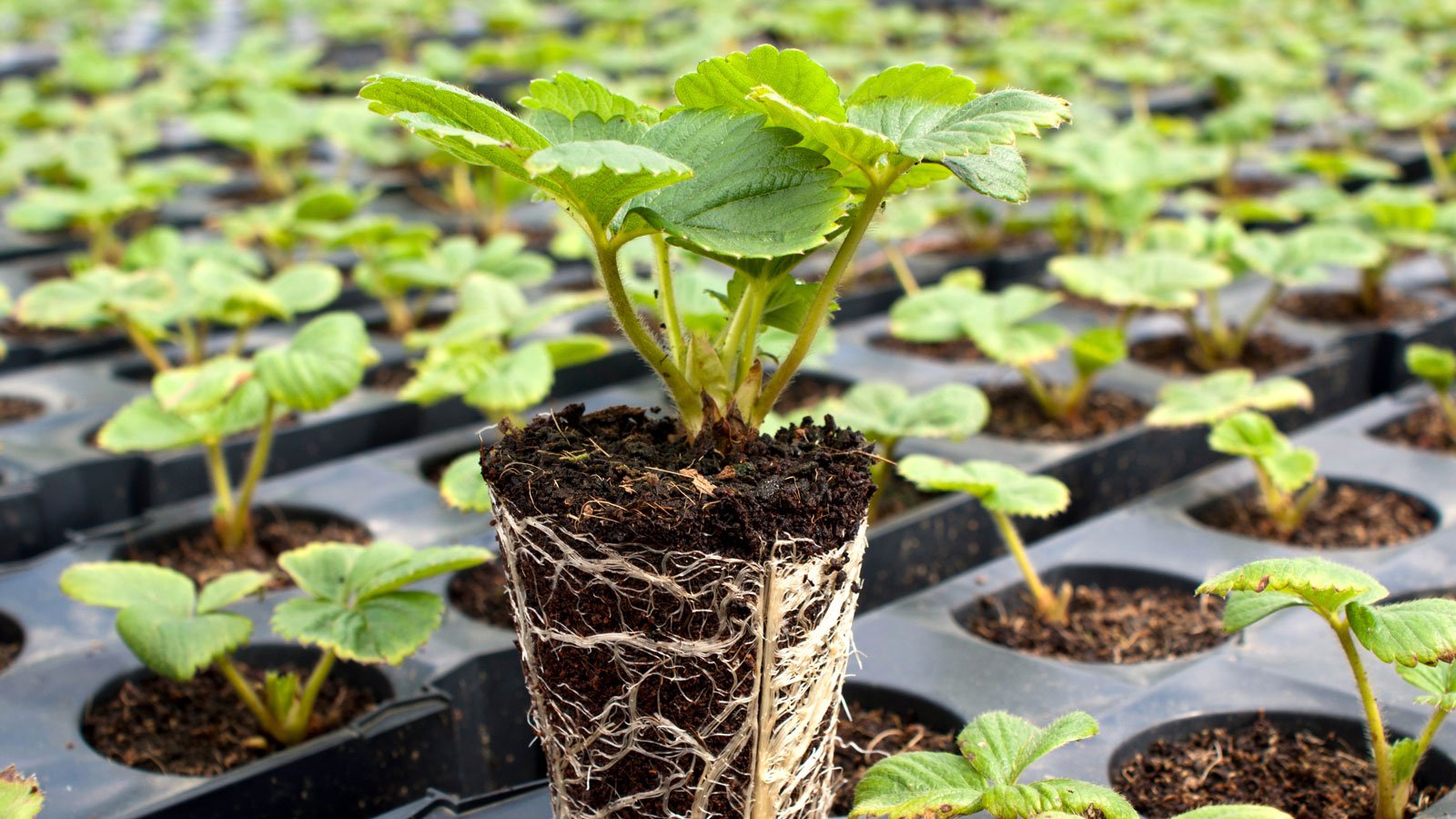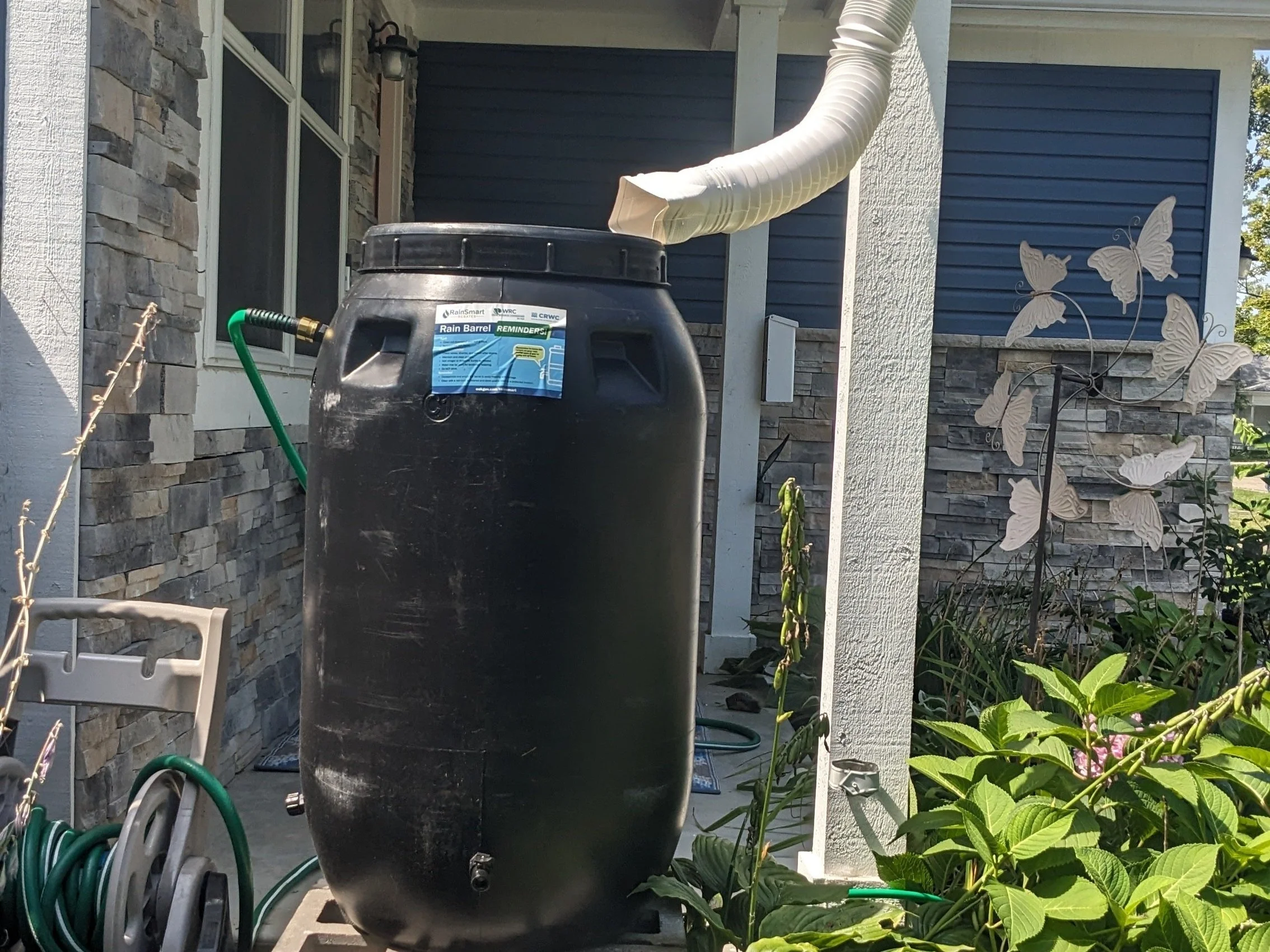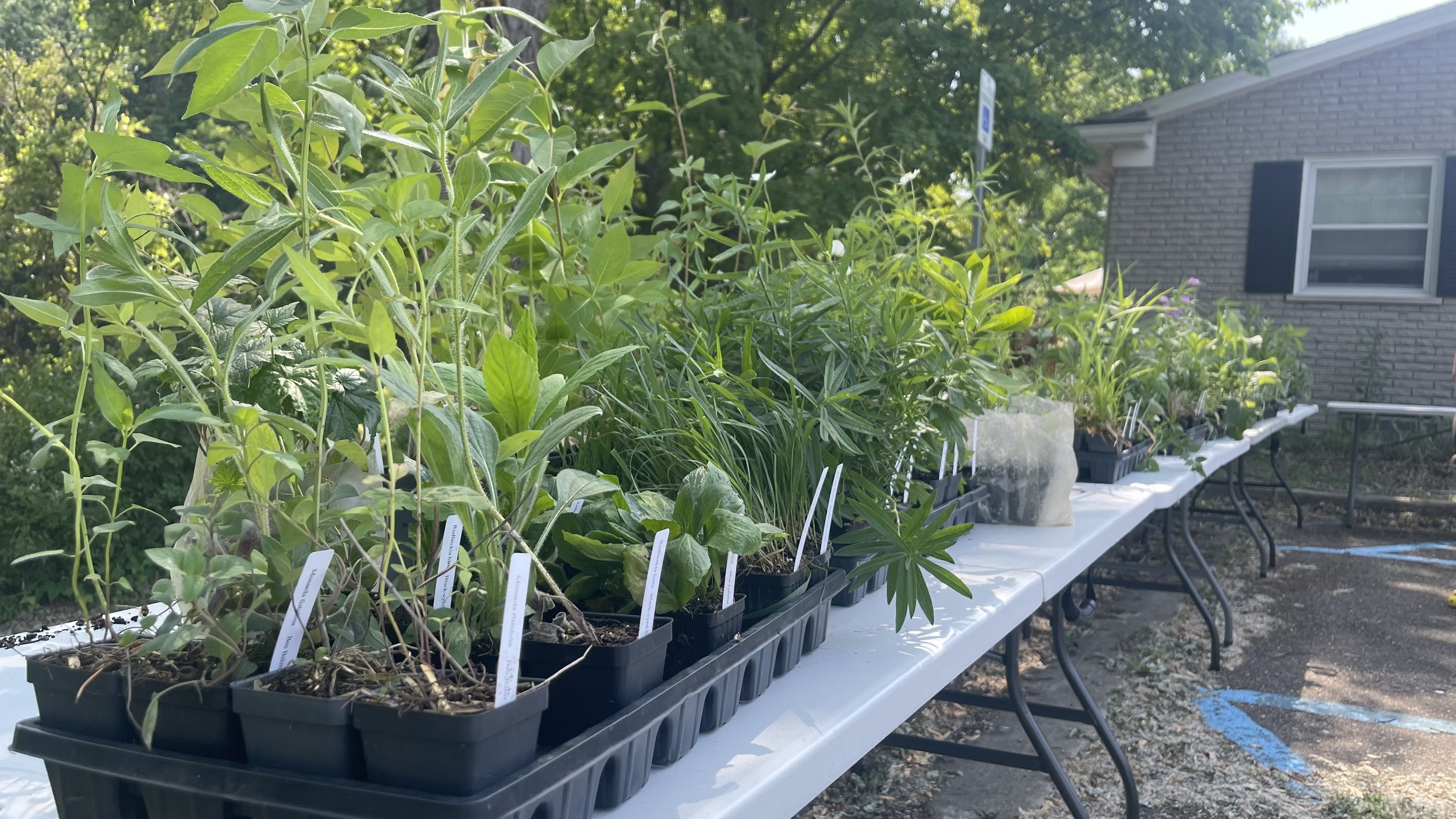
Native Plant & Rain Barrel Sales
NATIVE PLANT SALE
Pre-orders for the annual CRWC Native Plant Sale are open from Feb. 23 to April 22. Pickup is May 16 at Spencer Park (3701 John R Rd, Rochester Hills, MI 48307) from 11 AM - 3 PM.
If you prefer to shop in person, CRWC and Designs by Nature will be at Spencer Park on May 16 from 11 AM - 3 PM with extra plants to sell.
Contact Kahlan Robinson with any questions at kahlan@crwc.org.
Page Sections: Click the links to skip to each section.
RAIN BARREL SALE
Online Rain Barrel Sale orders are due: May 3, 2026. Mail-in Rain Barrel Sale orders are due: May 1, 2026.
Order pickup is May 16, 2026 from 11 AM - 3 PM at Spencer Park (3701 John R Road, Rochester, MI 48307). Please bring a copy of your payment receipt to the pickup event.
Contact Kahlan Robinson with any questions at kahlan@crwc.org.
Click here to learn more about rain barrels.
Native Plant Sale: Place your Order
Please scroll down past the form to see photos and descriptions of the products.
Wild Flowers
Big Leaf Aster
Soil: Wet-dry
Sun: Part sun-full shade
Height: 1 foot
Black Eyed-Susan
Soil: Wet-dry
Sun: Full sun-part sun
Height: 2 feet
Blue Vervain
Soil: Medium-wet
Sun: Full sun-part sun
Height: 5 feet
Blue Wood Aster
Soil: Medium-dry
Sun: Part sun-full shade
Height: 3 feet
Boneset
Soil: Medium-wet
Sun: Full sun-part sun
Height: 4 feet
Butterfly Weed
Soil: Medium-dry
Sun: Full sun-part sun
Height: 2 feet
Cardinal Flower
Soil: Medium-wet
Sun: Full sun-part sun
Height: 4 feet
Compass Plant
Soil: Medium-dry
Sun: Full sun-part sun
Height: 8 feet
Culver’s Root
Soil: Medium-wet
Sun: Full sun-part sun
Height: 5 feet
Golden Alexander
Soil: Medium-dry
Sun: Full sun-part sun
Height: 3 feet
False Boneset
Soil: Dry
Sun: Full sun-part sun
Height: 3 feet
Great Blue Lobelia
Soil: Medium-wet
Sun: Full sun-part sun
Height: 3 feet
False Dragonhead
Soil: Medium
Sun: Part sun
Height: 4 feet
Foxglove Beardtongue
Soil: Medium-dry
Sun: Full sun-part sun
Height: 3 feet
Grey-Headed Coneflower
Soil: Medium-dry
Sun: Full sun-part sun
Height: 5 feet
Hairy Beardtongue
Soil: Medium-dry
Sun: Full sun-full shade
Height: 3 feet
Hoary Vervain
Soil: Dry
Sun: Full sun-part shade
Height: 2 feet
Horsemint
Soil: Wet-dry
Sun: Full sun-part shade
Height: 2 feet
Ironweed
Soil: Medium-wet
Sun: Full sun-part sun
Height: 6 feet
Joe Pye Weed
Soil: Medium-wet
Sun: Full sun-part sun
Height: 5 feet
Lead Plant
Soil: Medium-dry
Sun: Full sun-part sun
Height: 3 feet
Marsh Blazing Star
Soil: Medium-wet
Sun: Full sun-part sun
Height: 5 feet
New England Aster
Soil: Wet-dry
Sun: Full sun-part sun
Height: 4 feet
New Jersey Tea
Soil: Medium-dry
Sun: Full sun-part sun
Height: 3 feet
Nodding Wild Onion
Soil: Medium-wet
Sun: Full sun-part sun
Height: 18 inches
Northern Blazing Star
Soil: Medium-dry
Sun: Full sun-part sun
Height: 2 feet
Pale Purple Coneflower
Soil: Medium-dry
Sun: Full sun-part sun
Height: 3 feet
Prairie Coreopsis
Soil: Medium-dry
Sun: Full sun-part sun
Height: 2 feet
Prairie Dock
Soil: Medium-dry
Sun: Full sun-part sun
Height: 9 feet
Prairie Golden Alexander
Soil: Medium-dry
Sun: Full sun-part sun
Height: 2 feet
Prairie Smoke
Soil: Medium-dry
Sun: Full sun-part sun
Height: 8 inches
Purple Coneflower
Soil: Medium-dry
Sun: Full sun-part sun
Height: 4 feet
Rattlesnake Master
Soil: Medium-dry
Sun: Part sun
Height: 4 feet
Rose Milkweed
Soil: Medium-wet
Sun: Full sun-part sun
Height: 4 feet
Rosin Weed
Soil: Wet-dry
Sun: Full sun
Height: 5 feet
Rough Blazing Star
Soil: Medium-dry
Sun: Full sun-part sun
Height: 3 feet
Round Leaf Ragwort
Soil: Medium-dry
Sun: Full sun-part sun
Height: 2 feet
Sand Tickseed
Soil: Dry
Sun: Full sun
Height: 2 feet
Showy Goldenrod
Soil: Dry
Sun: Full sun-part sun
Height: 3 feet
Sky Blue Aster
Soil: Medium-dry
Sun: Full sun-part sun
Height: 3 feet
Spiderwort
Soil: Wet-dry
Sun: Full sun-part shade
Height: 3 feet
Stiff Goldenrod
Soil: Wet-dry
Sun: Full sun-part shade
Height: 4 feet
Sweet Black-Eyed Susan
Soil: Medium-dry
Sun: Full sun-part shade
Height: 5 feet
Sweet Joe Pyeweed
Soil: Medium
Sun: Part sun-full shade
Height: 5 feet
Tall Coreopsis
Soil: Medium
Sun: Full sun-part sun
Height: 7 feet
Thimbleweed
Soil: Medium-dry
Sun: Full sun-part sun
Height: 2 feet
Western Sunflower
Soil: Medium-dry
Sun: Full sun-part sun
Height: 3 feet
White Turtlehead
Soil: Medium-wet
Sun: Full sun
Height: 5 feet
Wild Blue Iris
Soil: Medium-wet
Sun: Full sun-part sun
Height: 3 feet
Wild Columbine
Soil: Medium-dry
Sun: Full sun-part shade
Height: 3 feet
Wild Lupine
Soil: Dry
Sun: Full sun-part shade
Height: 2 feet
Wild Petunia
Soil: Medium-dry
Sun: Full sun
Height: 1 foot
Wild Senna
Soil: Medium-wet
Sun: Full sun-part shade
Height: 5 feet
Yellow Giant Hyssop
Soil: Medium-dry
Sun: Full sun-part sun
Height: 6 feet
Grasses
Big Bluestem
Soil: Wet-dry
Sun: Full sun-part sun
Height: 7 feet
Bottlebrush Grass
Soil: Medium
Sun: Full sun-full shade
Height: 3 feet
Canada Wild Rye
Soil: Wet-dry
Sun: Full sun-part sun
Height: 5 feet
Indian Grass
Soil: Medium-dry
Sun: Full sun-part sun
Height: 6 feet
June Grass
Soil: Dry
Sun: Full sun
Height: 2 feet
Little Bluestem
Soil: Medium-dry
Sun: Full sun-part sun
Height: 3 feet
Prairie Cordgrass
Soil: Medium-wet
Sun: Full sun-part sun
Height: 8 feet
Prairie Dropseed
Soil: Wet-dry
Sun: Full sun-part sun
Height: 4 feet
Purple Love Grass
Soil: Dry
Sun: Full sun
Height: 2 feet
Purple Top
Soil: Medium-dry
Sun: Full sun-part sun
Height: 4 feet
Side Oats Grama
Soil: Dry
Sun: Full sun-part sun
Height: 2 feet
Sweet Grass
Soil: Medium-wet
Sun: Full sun-part sun
Height: 2 feet
Switchgrass
Soil: Medium-wet
Sun: Full sun-part sun
Height: 5 feet
Sedges
Drooping Woodland Sedge
Soil: Medium
Sun: Part shade-full shade
Height: 2 feet
Gray’s Sedge
Soil: Medium-wet
Sun: Full sun-full shade
Height: 3 feet
Ivory Sedge
Soil: Dry
Sun: Full sun-shade
Height: 6 inches
Necklace Sedge
Soil: Moist-wet
Sun: Part sun-shade
Height: 1 foot
Palm Sedge
Soil: Medium-dry
Sun: Full sun-part shade
Height: 3 feet
Plains Oval Sedge
Soil: Medium-dry
Sun: Full sun-shade
Height: 2 feet
Pennsylvania Sedge
Soil: Medium-dry
Sun: Full sun-full shade
Height: 8 inches
Sand-Bracted Sedge
Soil: Dry
Sun: Full sun-part sun
Height: 2 feet
Woodlands
Bloodroot
Soil: Medium
Sun: Part sun-full shade
Height: 6 inches
Christmas Fern
Soil: Medium
Sun: Part sun-full shade
Height: 2 feet
Early Meadow Rue
Soil: Medium-dry
Sun: Part sun-full shade
Height: 2 feet
Jack-in-the-Pulpit
Soil: Medium-dry
Sun: Part sun-full shade
Height: 1 foot
Jacob’s Ladder
Soil: Medium-dry
Sun: Full sun-full shade
Height: 1 foot
Lady Fern
Soil: Dry
Sun: Full shade
Height: 3 feet
Virginia Waterleaf
Soil: Medium
Sun: Part sun-full shade
Height: 2 feet
Wild Geranium
Soil: Medium-dry
Sun: Full sun-full shade
Height: 2 feet
Wild Ginger
Soil: Medium-dry
Sun: Part sun-full shade
Height: 1 foot
Wood Poppy
Soil: Medium
Sun: Part sun-full shade
Height: 1 foot
Woodland Phlox
Soil: Medium-dry
Sun: Part sun-shade
Height: 1 foot
Zig-Zag Goldenrod
Soil: Medium
Sun: Part sun-full shade
Height: 3 feet
Additional Products
Garden Kit
Options: Butterfly, Grass, Monarch Way Station, Moth & Wasp, Pollinator, Rain, Shade, Wildflower
Kits contain 32 wildflowers and/or grasses.
Plug Flats
Available in a single species of wildflowers or grasses only.
Flats contain 38 plugs.
ABOUT NATIVE PLANTS
Michigan’s native plants have adapted to all of Michigan’s soil types - as well as woodlands, wetlands, ponds, streams, meadows, prairies, and everything in between.
Available in a wide variety of shapes, colors, sizes, and foliage types, there are more than 600 Michigan native plants including wildflowers, grasses, ferns, trees, groundcovers, shrubs, evergreens, and vines. Some species of Michigan’s native plants have root systems that extend up to 15 feet or more underground. This characteristic not only allows the plants to be more successful at searching out water, but it also allows them to hold soil particles in place, preventing erosion and stormwater damage.
Most native species are perennial or self-seeding biennial plants. This means that they will typically re-seed themselves and continue to thrive and multiply with little human intervention. This also helps save costs by eliminating the need to buy new plants each year.
Native plants provide natural habitat, ecological enrichment, and low-maintenance landscaping, they also improve soil stability erosion control, climate resilience, and stormwater filtration.
ABOUT RAIN BARRELS
Rain barrels connect to the downspout of a house, garage, or other structure to collect and store rainwater runoff from your roof. Using a rain barrel helps reduce the amount of stormwater entering storm drains and local waterways, which helps decrease pollution, erosion, and flooding.
Rain barrels are an excellent way to conserve rainwater and reduce water bills while benefiting the environment. By collecting rainwater, you can effectively harvest nature's gift and utilize it for various household and outdoor needs. Rain barrels help reduce the demand on municipal water supplies, especially during dry seasons, by collecting and storing rainwater for later use.
When rainwater moves over impervious surfaces like rooftops and driveways, it can collect pollutants and carry them directly into local lakes, rivers, and streams. By capturing rainwater that would otherwise run off into storm drains, rain barrels mitigate the risk of flooding and prevent pollutants from entering local waterways.


